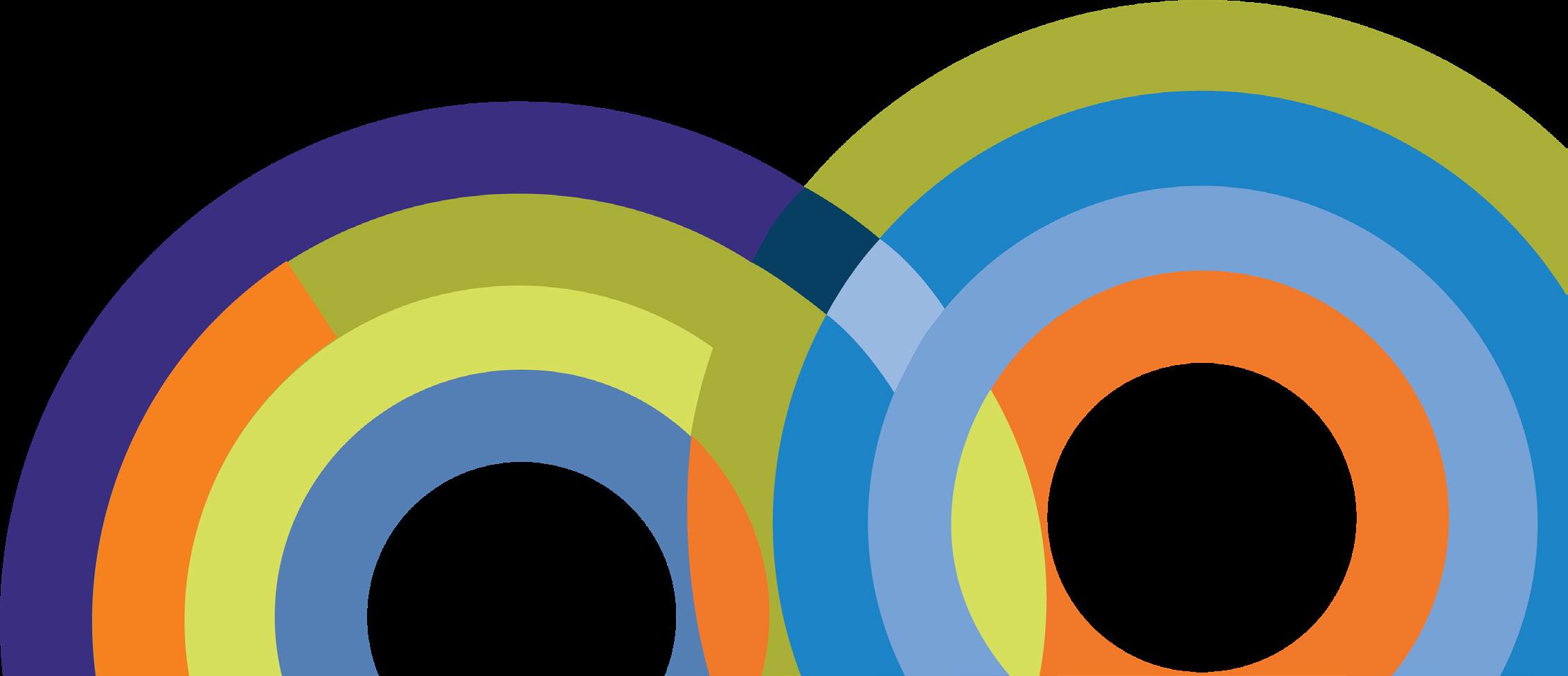






2024 has felt like the hardest year since 2020, when our world seemed to fall apart with the advent of a pandemic. This year’s presidential election heralded a national mood fraught with fear and division. Skyrocketing housing costs and natural disasters like Hurricane Helene hit many folks hard, dramatically setting back their journeys out of poverty. We experienced so much loss this year.
Amid the tumult, Circles USA remained steadfast locally and nationally. Our chapters, as in 2020, became lifeboats for their neighbors. Circles’ national community of practice supported each other to keep on keepin’ on. No matter how tough or polarized modern life has felt, Circles has persevered in bringing ordinary people together across political divides across race, class, gender, and other lines of difference to do the toughbut-uplifting work of building community to end poverty.
With that unwavering commitment to thriving families and communities, our local chapters catalyzed some incredible results this past year. Circle Leaders and staff forged local partnerships to break down financial barriers to youth athletic participation; expanded access for Spanish-speaking and immigrant cohorts; mobilized to educate voters, candidates, and allied organizations about issues facing low-income individuals and families; convened several high-impact live events for communities to share knowledge and resources for mitigating the Cliff Effect; and much more.
Circles USA’s national office, too, accomplished some major goals in 2024. We reconfigured our core staff to better support our chapters; we created a long-needed Big View training course for local systemic change; we consulted with specialists to sharpen our work’s focus through an equity lens; joined forces with several powerhouse national partners; and presented at an array of dynamic, national anti-poverty gatherings throughout the year.
Perhaps above all, we strove to fully embody a single question: What is the next chapter for Circles? Now we prepare to Move Beyond in 2025, to deploy all we have created and learned in 2024 with full force and determination.
What does it mean to “move beyond”? In 2025, we re-commit to:
• Moving beyond transactional, siloed responses to poverty
• Moving beyond isolation and rugged individualism
• Moving beyond rote systems that trap people in poverty
• Moving beyond wounding each other, creating more trauma
• Moving beyond the endless two-party pendulum swing
• Moving beyond binaries of us vs. them, centered vs. marginalized, rich vs. poor
• Moving beyond the status quo of limiting ideas and faulty practices that exclude whole groups from the American Dream

And what lies beyond? Transformation, in the form of collective power to foster vibrant, connected communities. We co-create these communities with intentional relationships, radical trust, healing, meaningful connection in the form of social capital, and prosperity for all individuals and families on our own terms.
You may ask: How do we get to this Beyond? In 2025, we will strive for this transformation through:
• Opening minds, opening hearts, opening hands
• Collaborating with each other and our partners
• Innovating and sharing those discoveries for iterative growth
• Being brave enough to make mistakes and try again
• Communicating gently, with clarity and consistency
• Navigating full relationship cycles and persevering through difficulty or discomfort
• Growing into full inclusivity and accessibility for all
• Accepting all that we don’t know while confronting the unknown with a spirit of hope
• Walking together through this liminal or space of change and into a bright future
I invite you, our national community of practice, to Move Beyond with Circles USA in 2025. We will live boldly into the new administration, the new economy, and the new landscape in which we find ourselves; doing so with robust support of our team members both local and national. Until all individuals live in equitable, thriving communities where poverty no longer exists, we remain greater than any force that seeks to divide us in our essential work of moving beyond.

Kamatara Johnson Executive Director, Circles USA
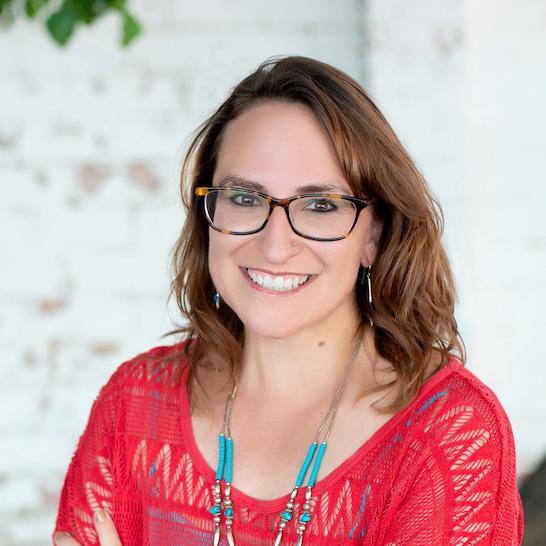
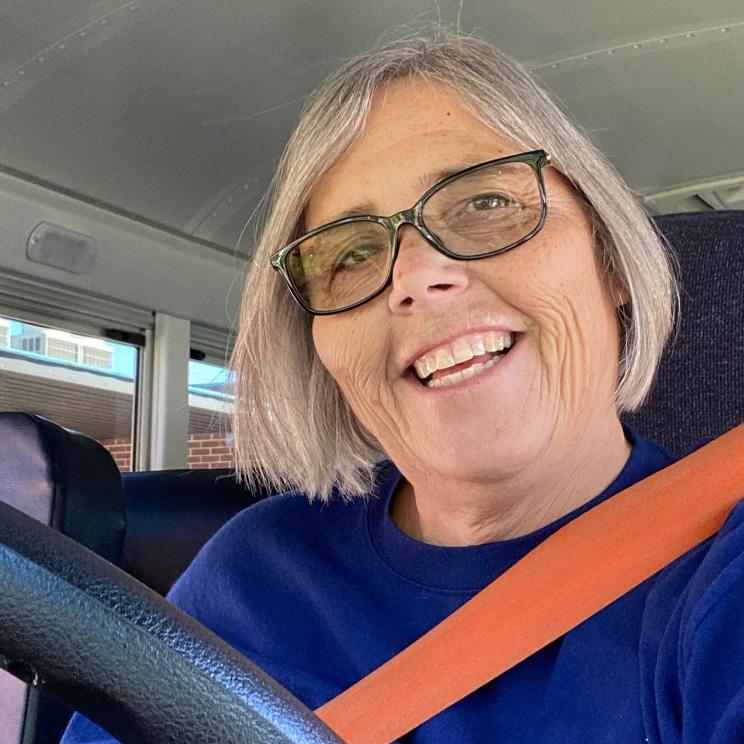
The Circles USA model supports people’s efforts to deepen and expand what they think is possible: for themselves, their families, and their communities. As Circle Leaders reach milestones in their journeys toward financial stability, we document their achievements as Lives Transformed stories to highlight joy and hope as valuable tools in combating poverty.
This year’s Lives Transformed awardees were nominated from among thousands of exceptional Circle Leaders nationwide. Though their backgrounds and experiences vary, each exemplifies Circles USA’s core values of perseverance, initiative, and service to their chapters and communities.
Congratulations to our 2024 Lives Transformed cohort!
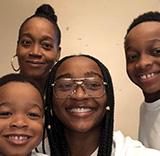
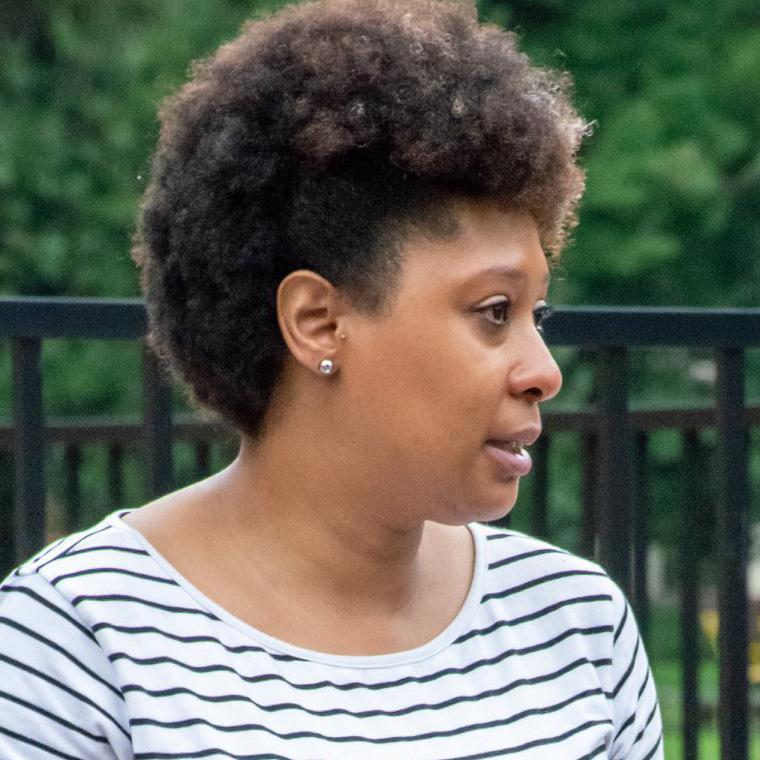
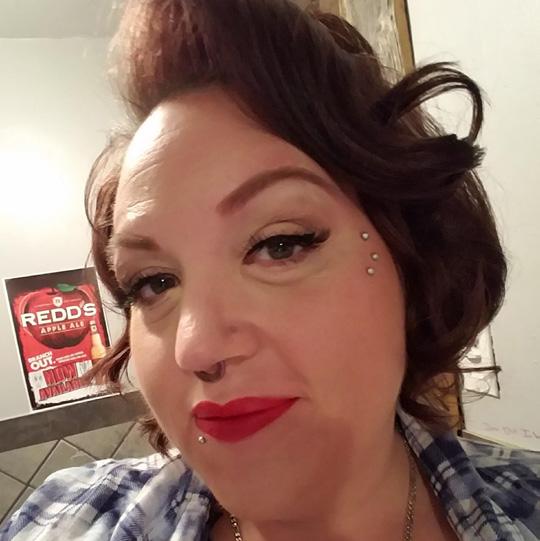
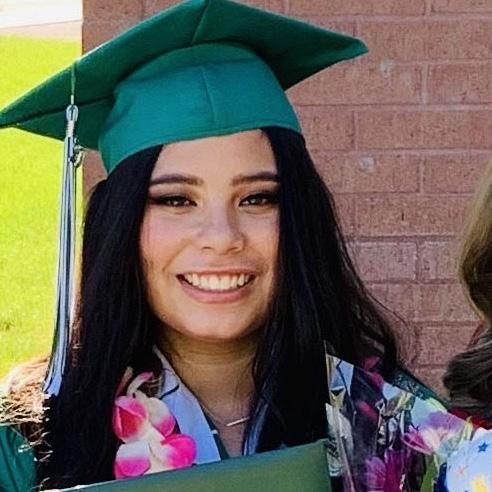
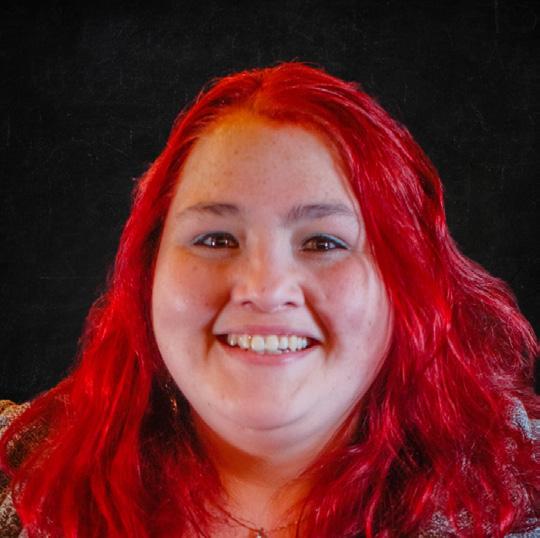
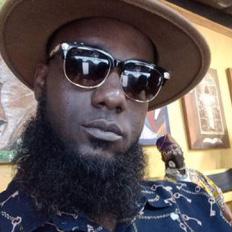


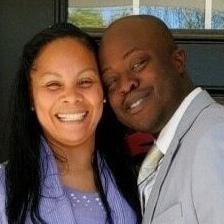
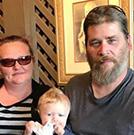

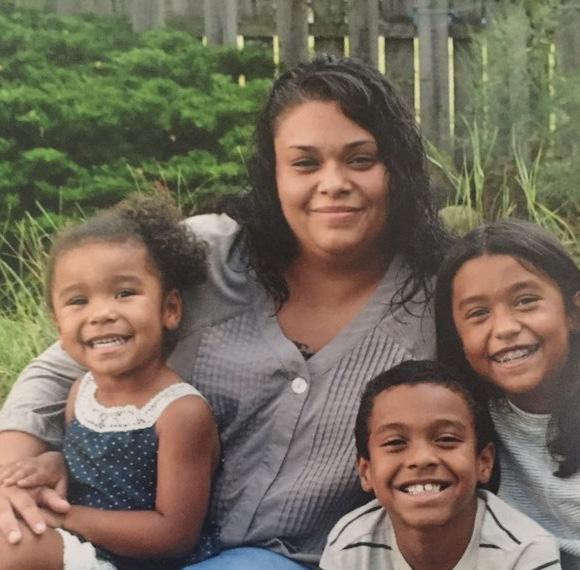
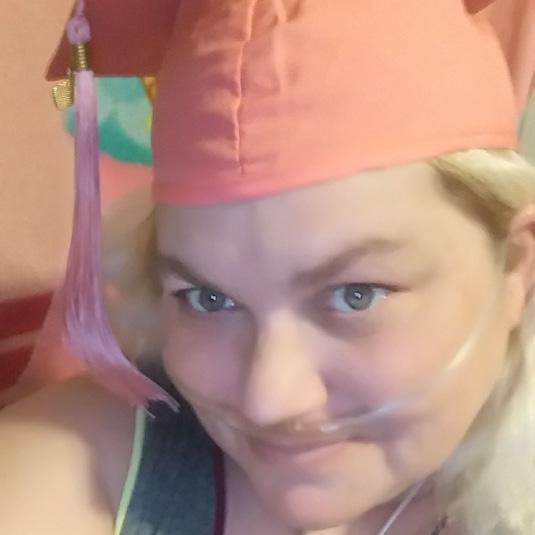

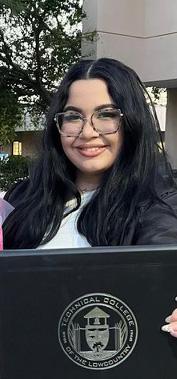
Carla Alvarado, a first-gen Venezuelan American émigré, has struggled and overcome obstacles in nearly every aspect of her life: familial, political, economic, and educational. Here, Carla describes how Circles has supported her long, often heroic journey from generational poverty to success as a rising medical professional.
My name is Carla Alvarado. I was born in Caracas, Venezuela. In my country we were persecuted, threatened, chased, and kidnapped by the people who worked for the Maduro and Chavez dictatorships just because we disagreed with their regimes. My parents went on vacation to the United States in 2018 and, while here, received a call warning us to not come back to our country because the next thing that they would do was to take our lives. My parents decided to stay in Bluffton, South Carolina, and I’ve lived here since then. Read Carla’s story.
“My Circles chapter and Allies don’t know this, but they changed my life. They gave me hope and a chance to be someone great.”
Carla Alvarado Circles Hilton Head Island, SC

“Regardless of your current stage in life—whether single, married, divorced, or otherwise—you have the strength to persevere.”
Audrey Lee
Circles Hilton Head Island, SC
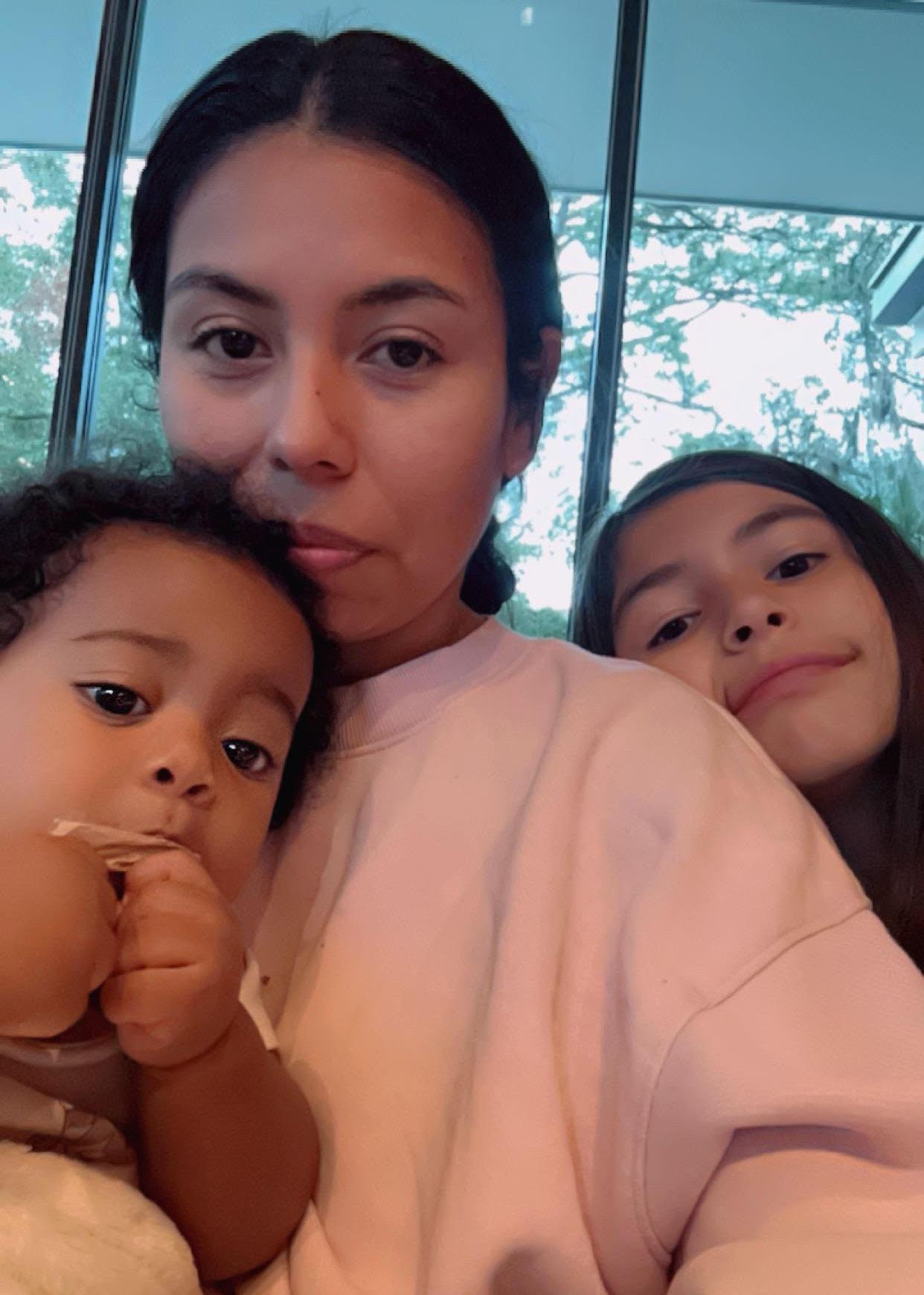
Audrey came to Circles as a self-described “single mother with no family support, relying solely on her faith and three children.” Since then, she has grown her social capital and found strength in her deeply rooted relationships with her chapter and community. Her nominator, Circles Hilton Head manager Shavonne Vasquez, writes: “It is a pleasure to work with Audrey because she has so much potential and drive. Audrey has added value to our chapter because of her continued willingness to engage, be vulnerable, advocate, and share.”

I was raised in Sacramento, California, where my family initially lived in a two-bedroom apartment until I completed the third grade. Subsequently, we relocated to a two-story house and moved several times after the sixth grade. As the eldest of four siblings, I would characterize my family life as both chaotic and emotionally intense. During this time I operated in a state of survival mode—often without realizing it. Read Audrey’s story.
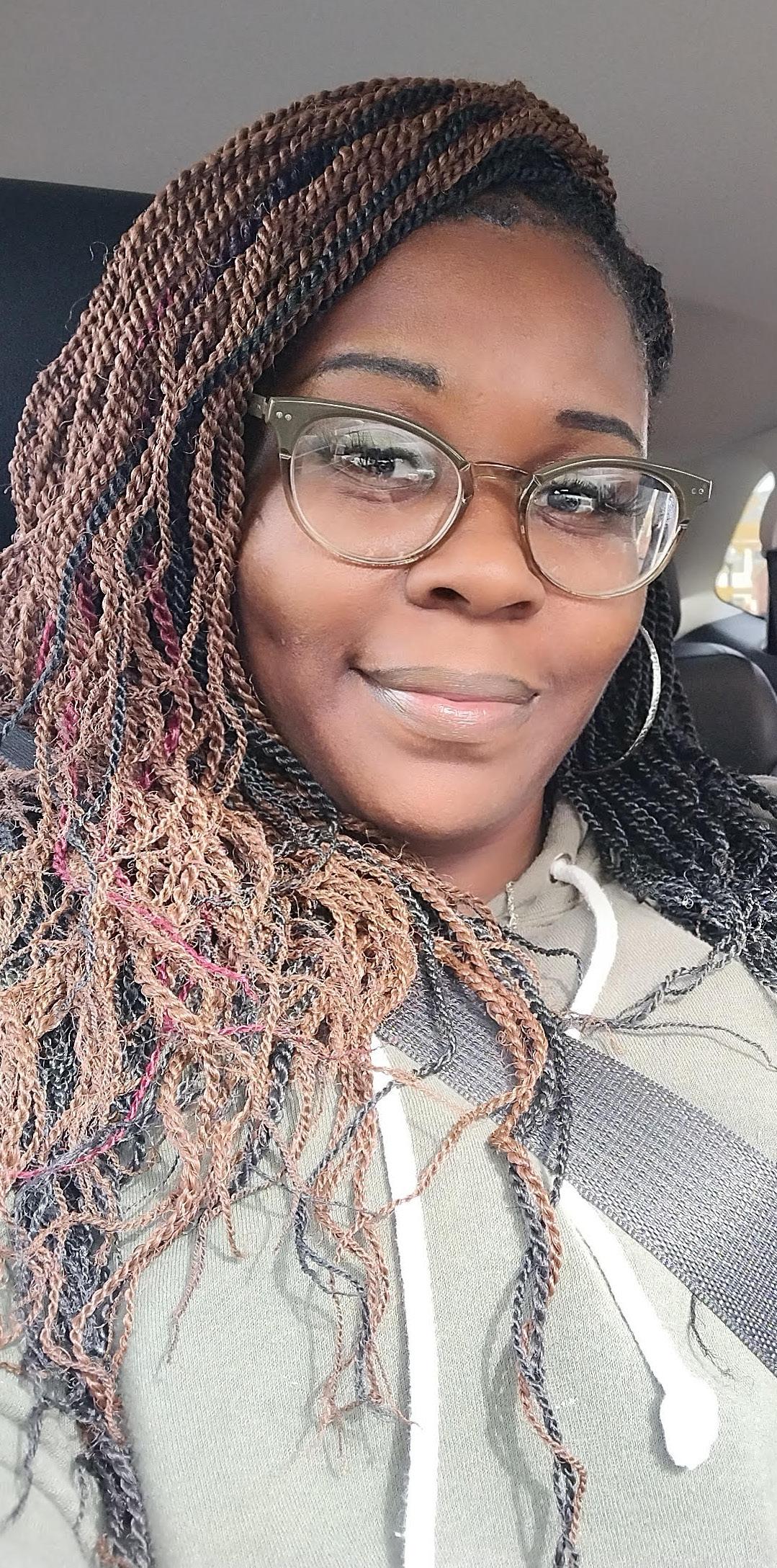
“She came to us after losing everything,” Circles Allen County director Mary Ann Mings says of Cherelle, whom she nominated for this award. “We walked with her and watched her transformation.” Cherelle’s transformation an ongoing process has encompassed recovery, faith, and a willingness to lean on her support systems when times get tough. The result: a young leader who brings intense focus, initiative, and exuberant joy to her Circles chapter work and wider community.
My mom was a young mom. She had me at 15, so we kind of grew up like sisters. My grandmother basically raised me until she passed away. There were no messages about money: We didn’t have a budget, I didn’t get an allowance. I was too young to understand paying bills. I really didn’t receive messages of financial stability, budgeting or saving.
Following a period of active drug addiction during which I had lost everything, I had been referred to Fort Wayne through a therapist assigned to me by DCS. I was reluctant to go, I’d never been there and didn’t know anybody. I came to Fort Wayne just wanting to rebuild my life from the bottom up. Read Cherelle’s story.
“I looked at this open door of opportunity and asked: ‘What’s the worst that could happen?’ . . . To someone who’s doubting that they have the strength to succeed in Circles, I would say, ‘Simply have faith the size of a mustard seed.’”

J. Cherelle Fleming Circles of Allen County, IN



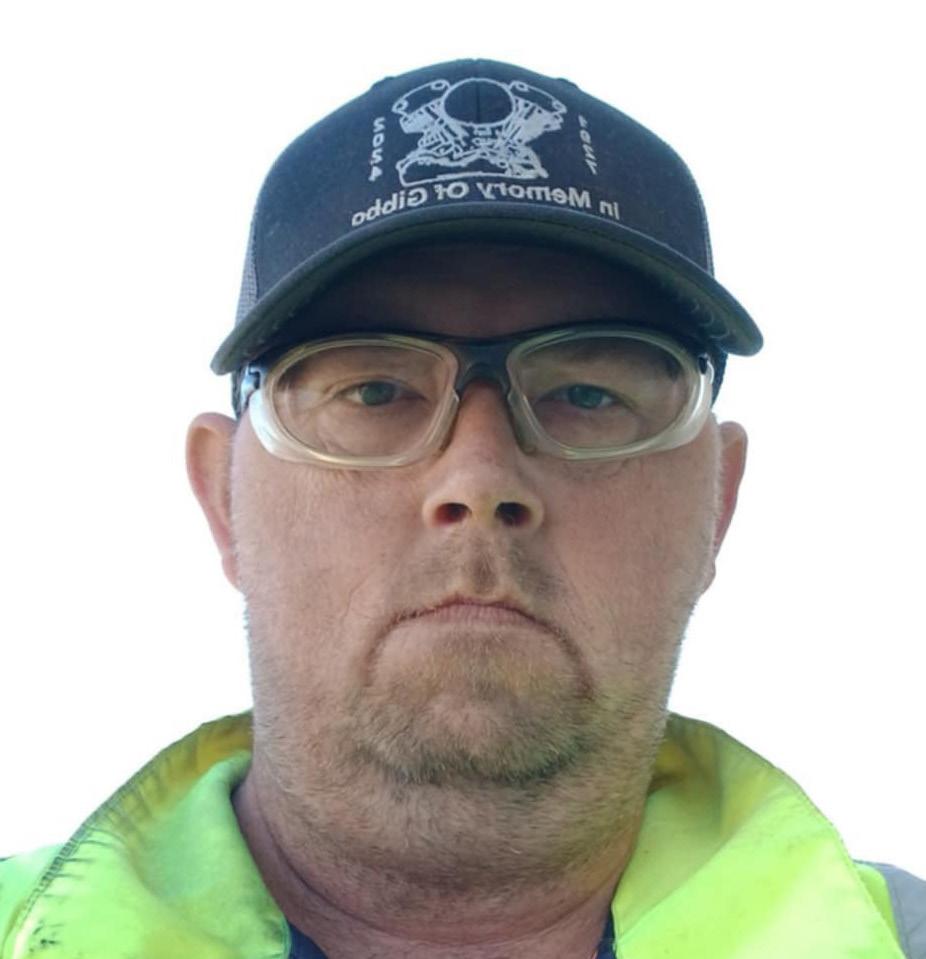

“I’m not afraid to tell someone that I’ve been in their steps before. We are here to help you better yourself and get you to where we are now. That’s what helped us—our Allies who told us, ‘We are not here to judge you. We are here to help you in any way possible.’”
“What’s awesome about Circles is how it takes a group of ideas and it makes you search within yourself. Like, ‘Hey, wait a minute . . . this is why I’m struggling.’ . . .[I]t’s special to know that there’s somebody that knows what you’re going through.”
Each born and raised in America’s Heartland, Lesley and Shawn brought their own distinct experiences of poverty to their marriage. Together they found Circles USA. More than five years later, their committed bonds with Allies have shifted their economic and social outlook from precarity to stability. Circles Reno County director Sarah Haworth calls their growth “inspiring” and “a true testament to the power of community and transformation.” Read the Stunkels’ story.
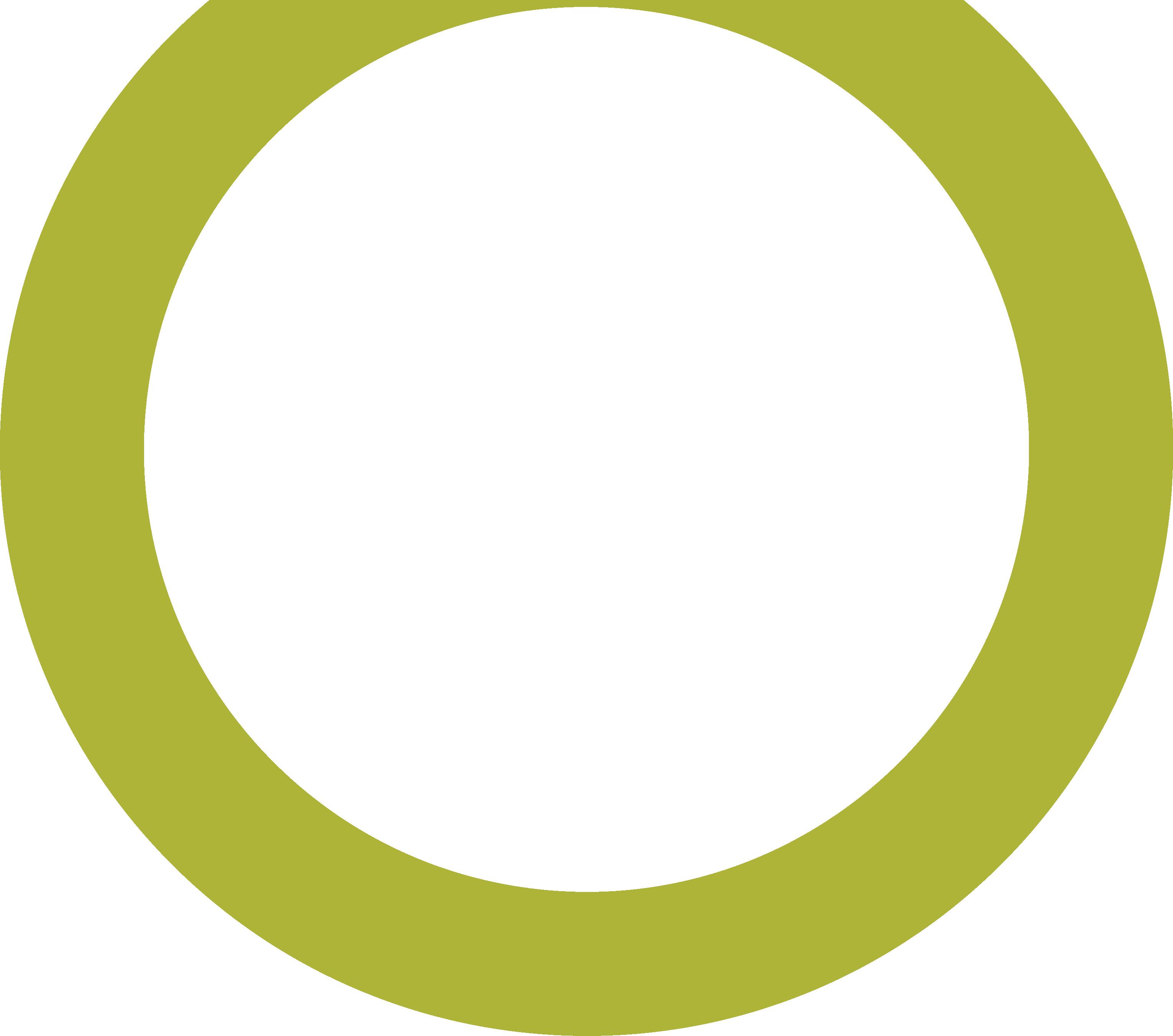
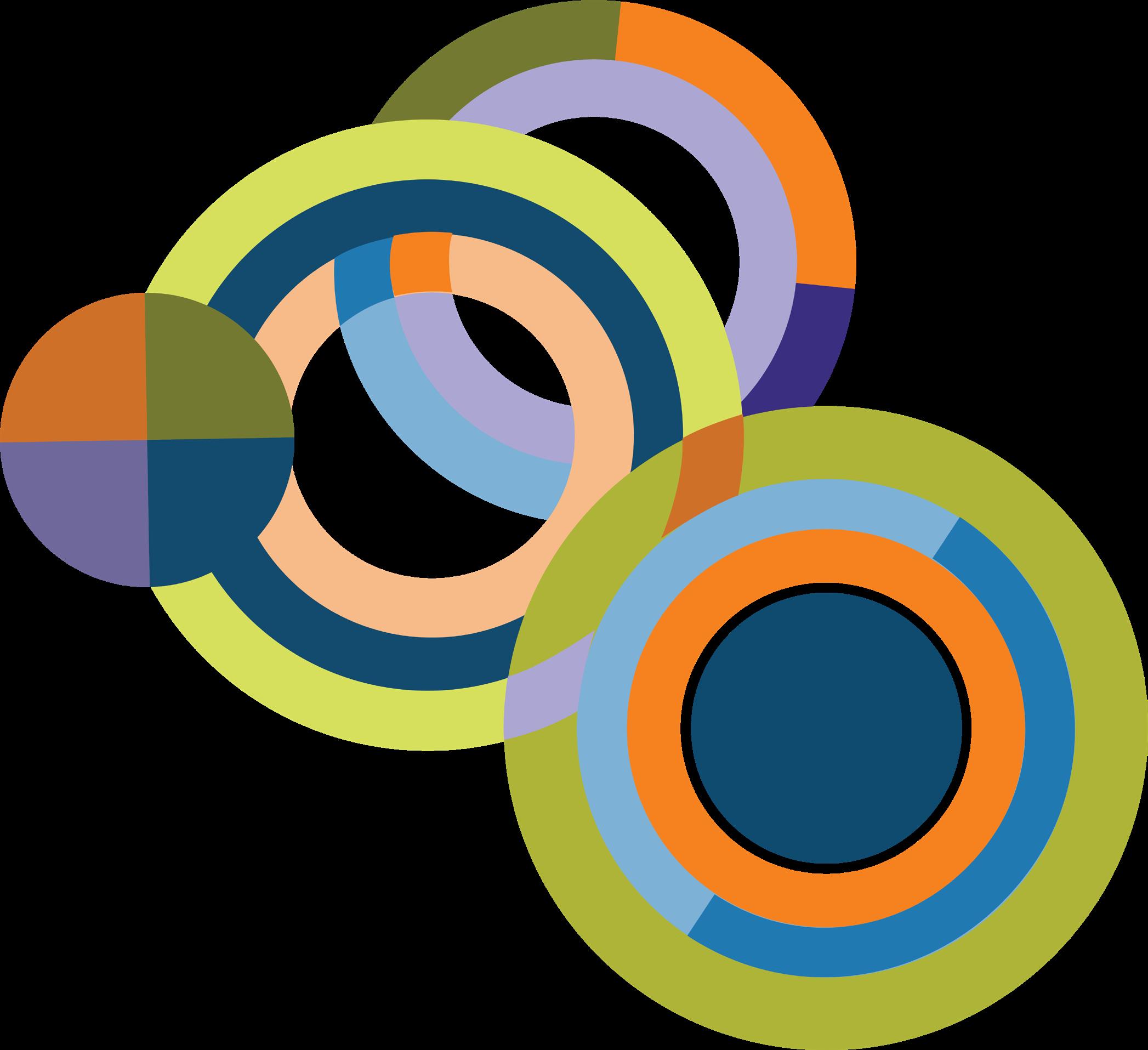

Circles Chapter/Location
Poverty Alleviation System Pilot
Circles Participating State
Circles USA continued our steady growth trend in 2024, with 73 communities hosting Circles chapters. In the United States, our presence spans 26 states, 57 counties, and 23 cities with populations of 100,000 or more. There are 6 Circles locations in Ontario, Canada.
Circles Smith/Jackson Carthage, TN
Circles Warren/Van Buren McMinnville, TN
Circles Overton/Pickette Livingston, TN
Circles Southwest Utah St. George, UT
Circles Lexington Lexington, KY
Circles Klamath & Lake Klamath Falls, OR
Circles Nicholas House Atlanta, GA
Circles USA 2024 Impact Report | 11


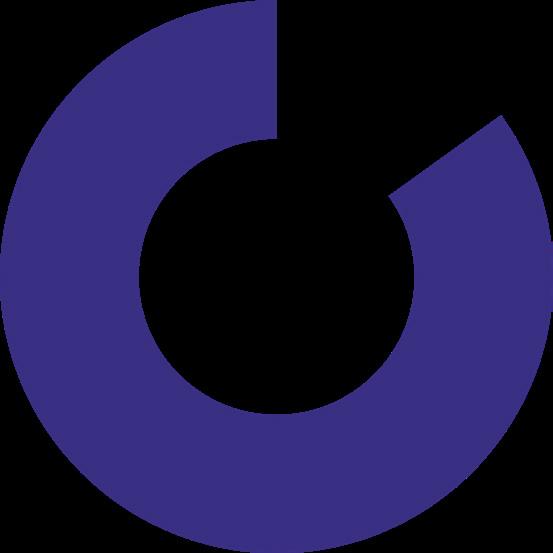
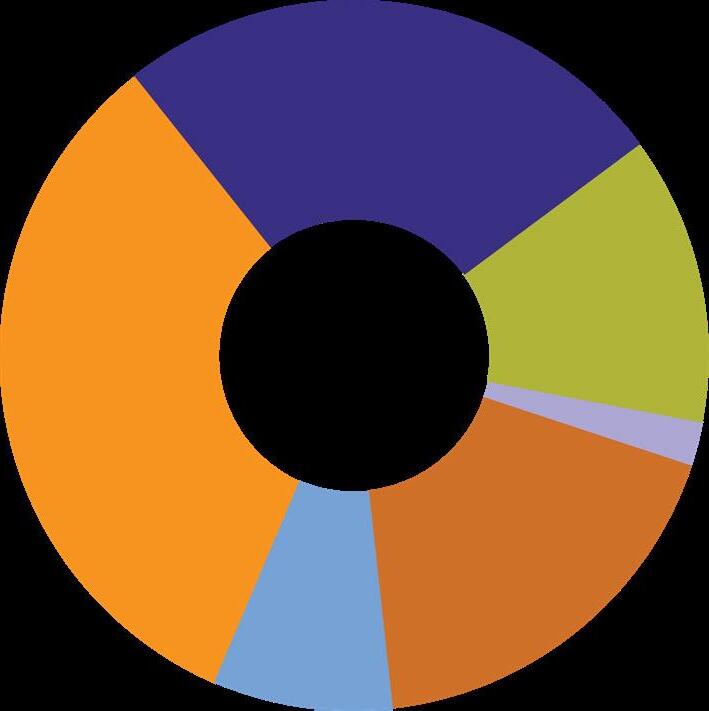
Each year, we track income shifts from participants who journeyed from Circles registration . . . to completing a 12-week training . . . to completing 18 months of weekly Circles meetings. 1005 participants averaged these income growth levels in 2024:
Also by 18 months, participants on average— achieve these gains:
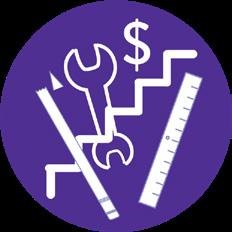
from registration to completion of 12-week training from registration to 6 months after training from registration to 12 months after training from registration to 18 months after training
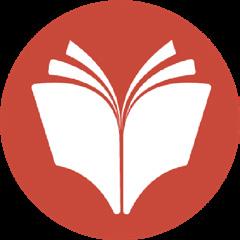


increase in EMPLOYMENT, including 49% full-time and 2% part-time
increase in EDUCATION, including 9% two-year degrees, 8% four-year degrees, and 42% certifications 38%
increase in HOME OWNERSHIP
increase in reliable TRANSPORTATION
And that’s not all . . .
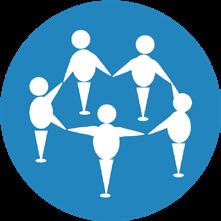

Circles USA participants dramatically expand their support networks. At registration, participants struggled to name one or two emergency contacts. At 18 months, participants could name more than four people to call on for support.
To better serve chapters and represent our membership’s driving values, Circles USA deployed a Tsuha Foundation grant to upgrade our website and communications. National office staff and contractors built a fresher, more user-friendly website; launched a new podcast; and formed a comms team to oversee a cohesive flow of Circles news and ideas across platforms reaching more community members than ever before.
Natalie Oh, Circles USA’s new social media specialist, outlined 2024’s major media goals:
• Refine our target audience
• Expand all media reach, and
• Share stories of lives transformed through Circles.
With these plans taking root, 2024 yielded rich results in our public engagement:
• Circles social media reached approximately 35.8k total accounts across platforms;
• Facebook interactions were up 35% from 2023;
• Instagram posts increased by 100%;
• We also launched a TikTok and revamped our YouTube channel.
Heading this major effort was Circles USA’s Information and Systems Design Manager Courtney Cowan. As well as designing and launching an updated website on a new platform, Courtney has integrated many historic Circles digital programs and platforms into one interface, streamlining our portal for optimal member engagement. Now our members can enjoy a “one-stop shop” for everything Circles: training courses, resource library, data entry, sharing and discussion forums, and even connecting with their peers by chapter role across the nation.
14 | Circles USA 2024 Impact Report

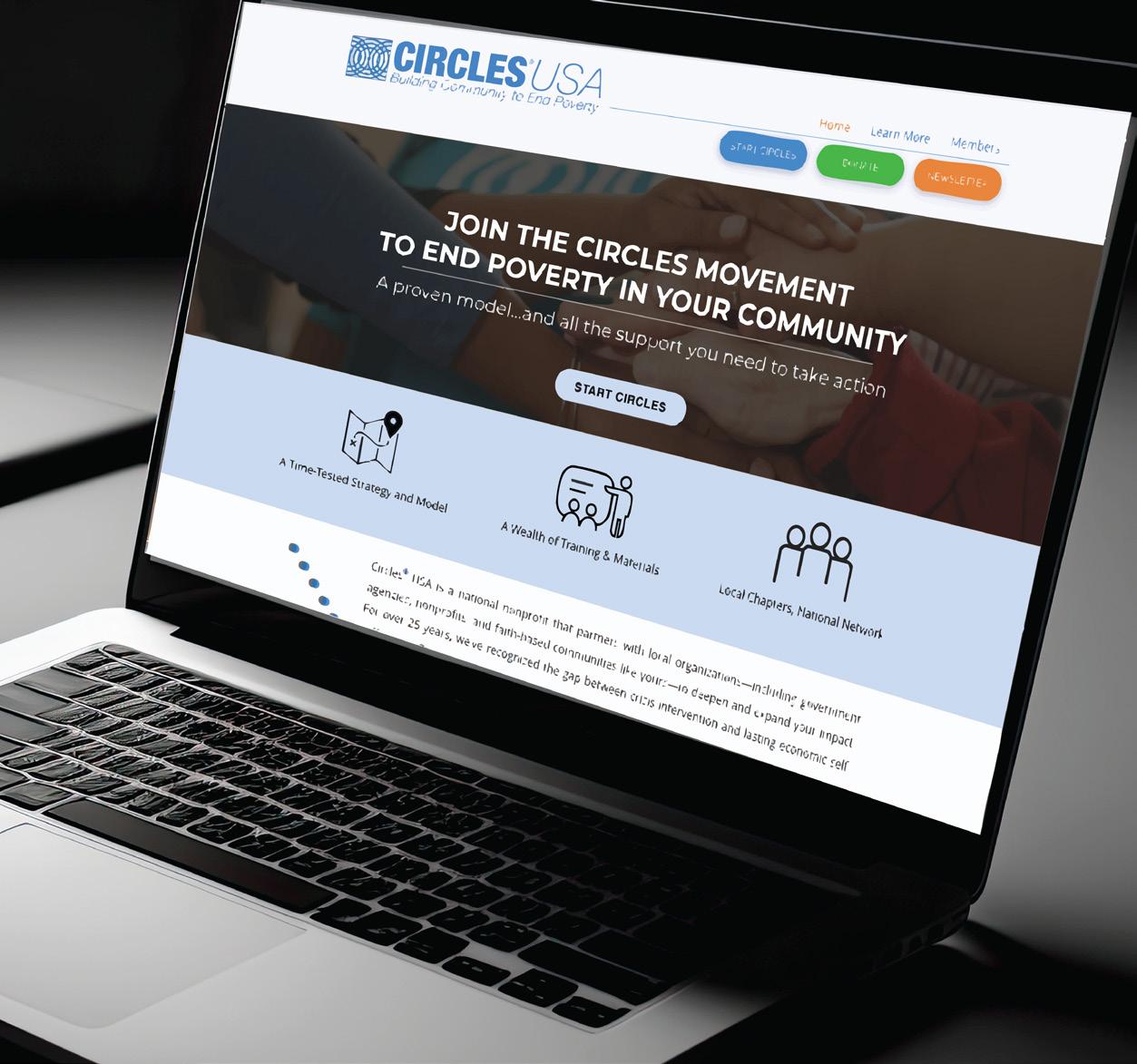

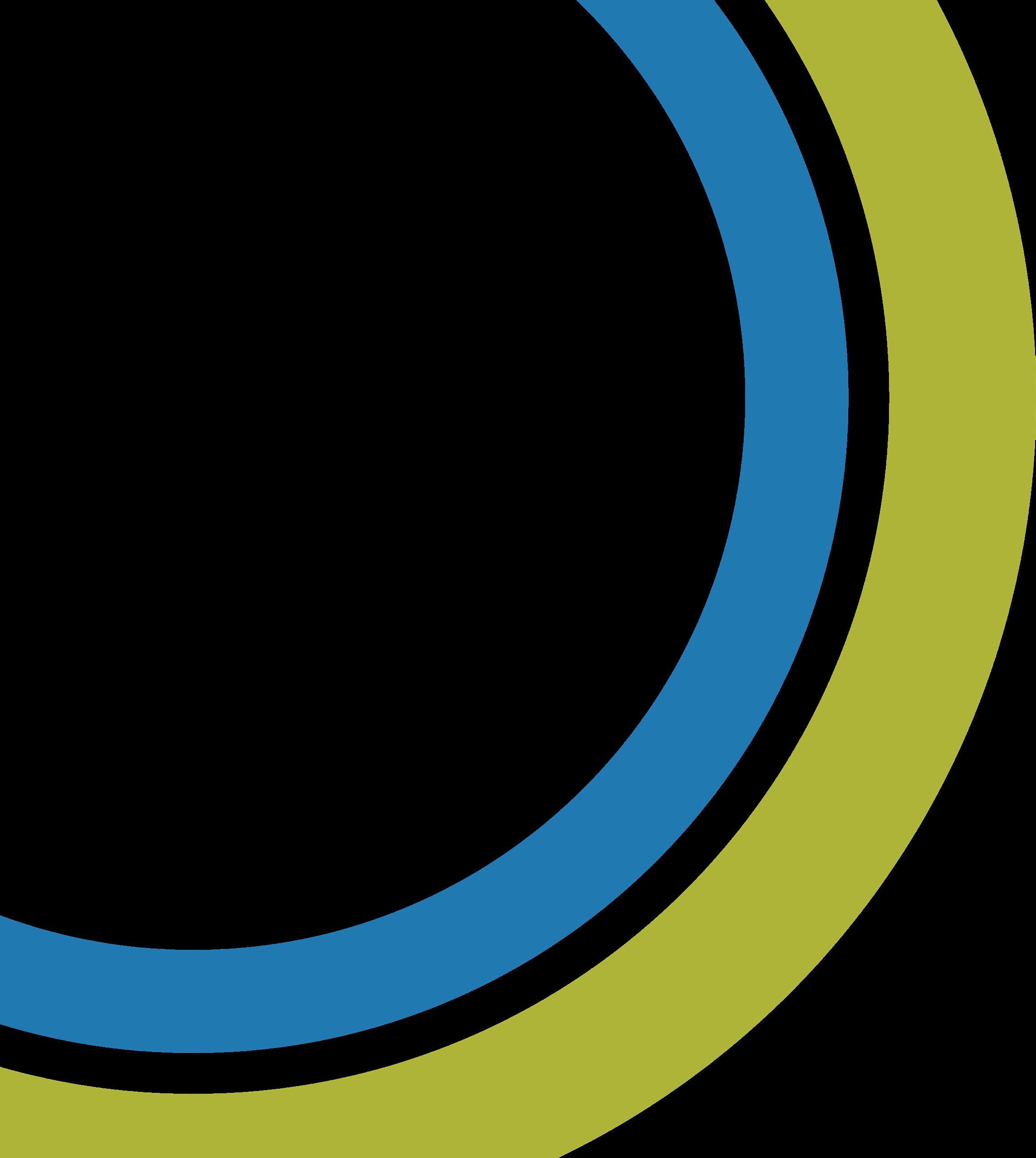
Courtney shares, “Our redesigned website brings everything into one place—making it easier than ever for our volunteers and staff across the U.S. and Canada to access resources, share knowledge, and strengthen connections within the Circles USA community.”
Circles USA is resolute in removing barriers to participation for all members. This upgrade to a single, more efficient platform is another way we embody our mission: by supporting the chapters with technical assistance and peer connections in the easiest way possible, while still maintaining a high quality of care. We encourage all Circles members to engage with he members-only end of the website, which includes:
• Community Groups for participants to connect, learn, and share with others in similar roles within Circles;
• a chat feature for logged-in site members to chat with each other and start group chats;
• a variety of online training courses such as Ally training, database training, basic training, Big View training, and more to come;
• a staff-only section that provides a dedicated forum for staff to ask questions, share ideas, and connect with peers across the Circles USA network; access files shared by Circles USA; and alternative ways to access the Circles USA database.

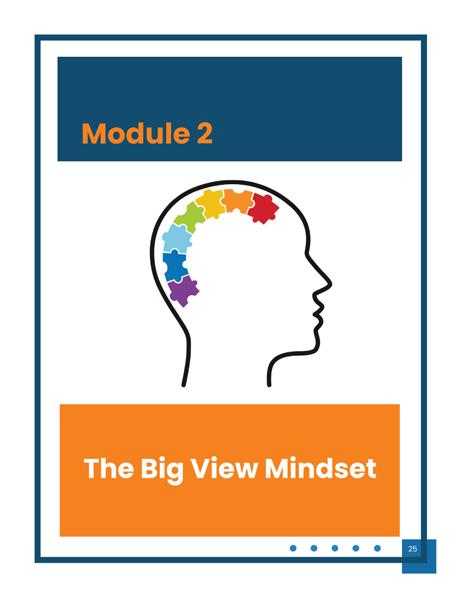
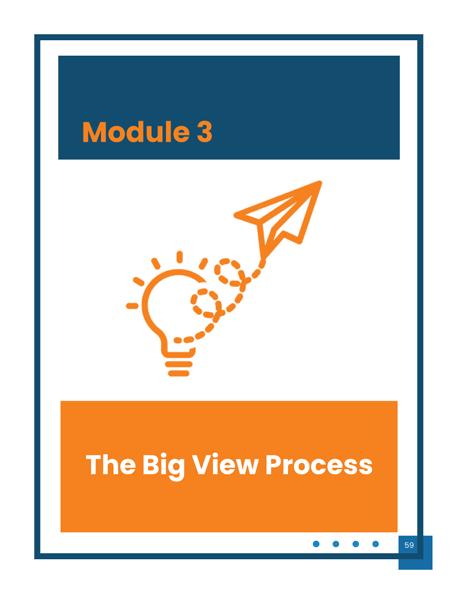
In a major upgrade to Circles USA’s body of educational materials, our Members portal now offers a specially designed Big View training course. This course provides the tools and framework for Circles chapters to effect widespread systems change in their communities by centering those closest to the challenge. Our new curriculum offers a host of useful media and resources including:
• videos with a slide deck for each unit;
• transcripts for all units and the entire training;
• a companion guide to supplement the training, available as a fillable PDF or printable document available in color or black-and-white;
• a glossary of key Big View terms; and coming 2025
• a Big View toolkit with templates to support chapter implementation.
The Circles national office recommends this training course for all staff (including those already engaged in Big View work at their chapter) as well as volunteers and/or Circle Leaders looking to engage with Circles USA’s Big View initiatives.


Because removing the barriers that keep people in poverty is one of the primary goals of Circles, the Big View comprises an entire wing of our model. Circle’s short-term goal is for every chapter to have a dedicated Big View Team with the long-term goal of launching nationally coordinated campaigns for systemic change.
As the interconnections between race and poverty have become clearer across American society, Circles USA is working to address these gaps by sharpening our equity lens. Throughout 2024, Circles USA staff and board rigorously explored racial dynamics in the U.S. with the help of RACED Consulting, a New Mexico–based racial equity consulting organization.
RACED led the staff and board in confronting personal biases, examining white supremacy culture, fostering cultural humility, and building skills for creating constructive, healing spaces for whole communities across the spectrum of racial experience.
This collaboration has deepened Circles USA’s culture at the national level. Staff and board are committed to continued self-reflection, growing our capacity for the discomfort inherent in addressing racism and other harmful dynamics as they arise. Our aim is to identify dynamics of white supremacy culture within the national office first, modeling ways to incorporate responsive, reflective anti-racist practices into the Circles chapter structure.
Circles also recently incorporated an introductory equity module as part of the Basic Training for all Circles staff and volunteers. The module provides foundational insights into these vital topics
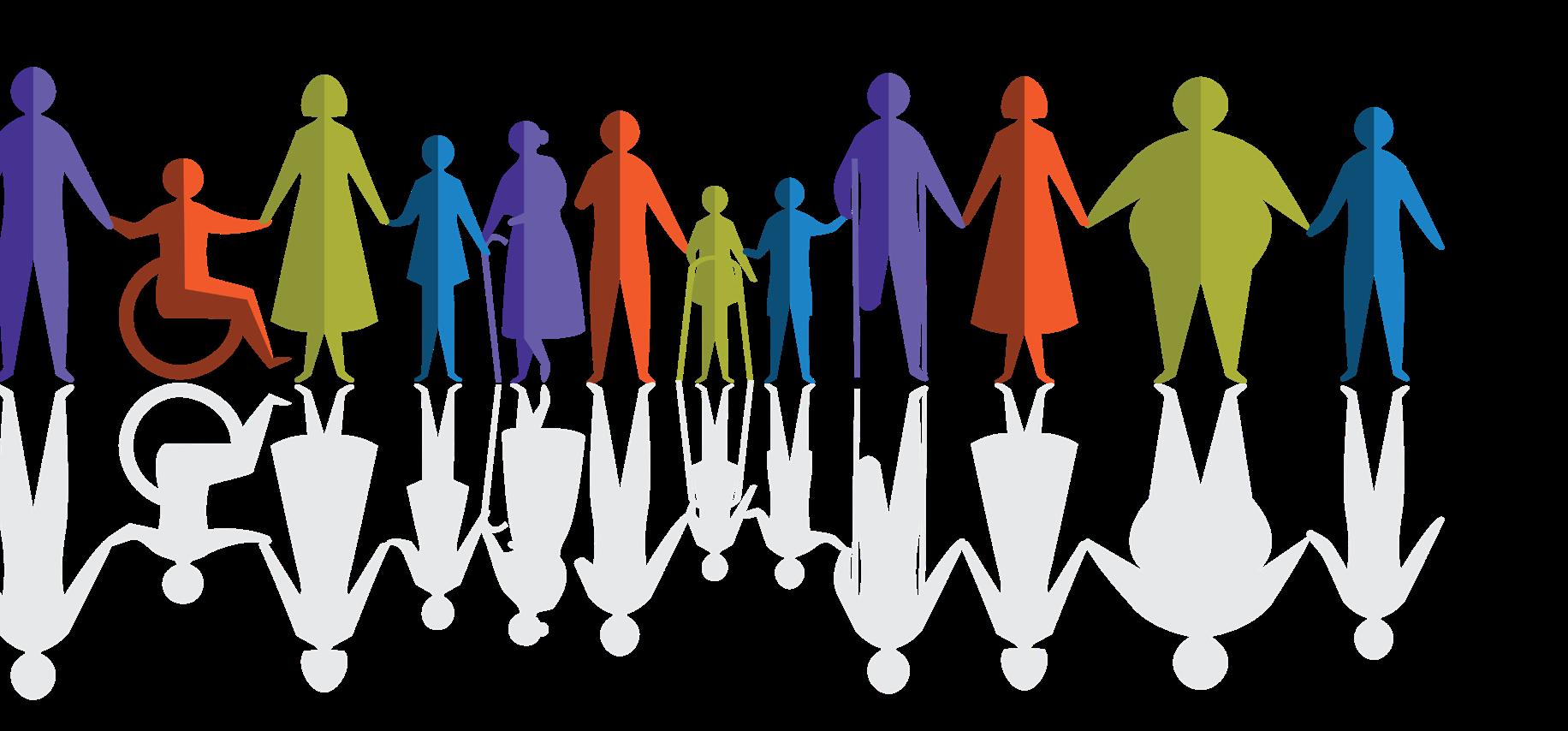
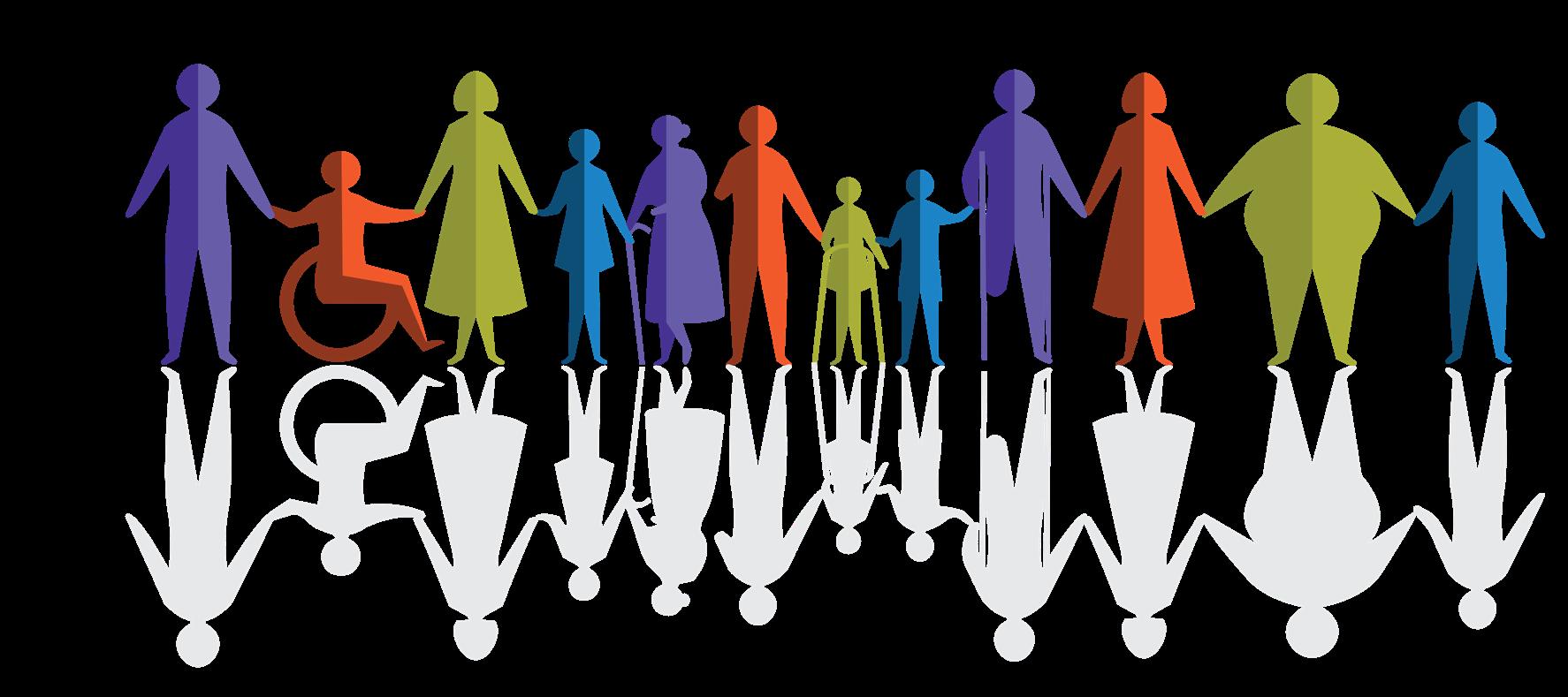
The path to equity is long and fraught with systemic hurdles. Our growing awareness, paired with innovative tools and processes, provides a roadmap toward a more equitable future for the Circles network as a whole.
and underscores the importance of addressing equity and inclusion in poverty alleviation work. Because many systemically oppressed and strategically undervalued communities experience higher rates of poverty due to this marginalization, understanding how identity intersects with economic hardship is essential. This awareness fosters a more inclusive approach to building community and advancing efforts to end poverty.
This module is also available as a standalone training in the Member Portal and is accessible to all staff and volunteers. Circles USA recommends that anyone who completed Basic Training prior to 2025 take this module to ensure they are equipped with the most current understanding of equity, justice, and belonging, and how these concepts intersect with poverty alleviation efforts.
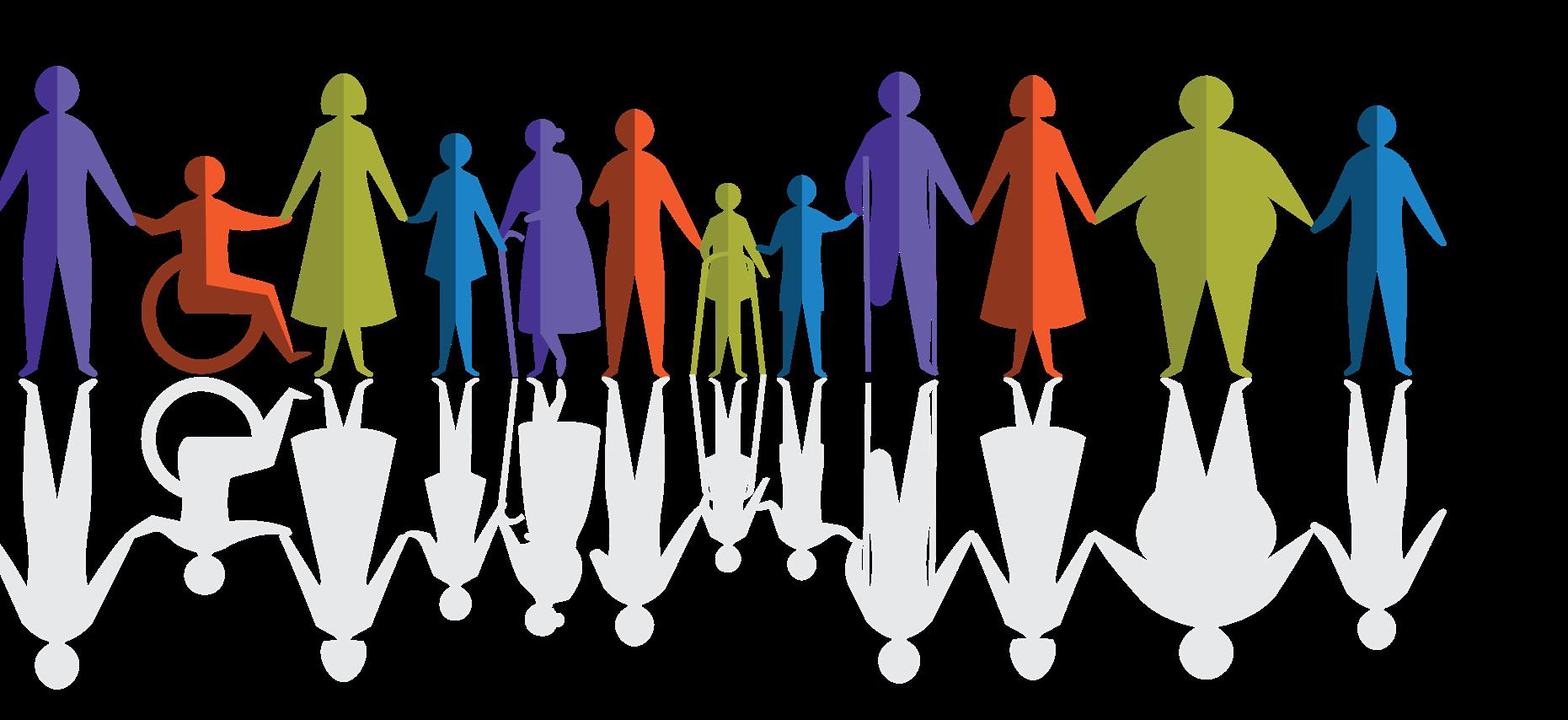

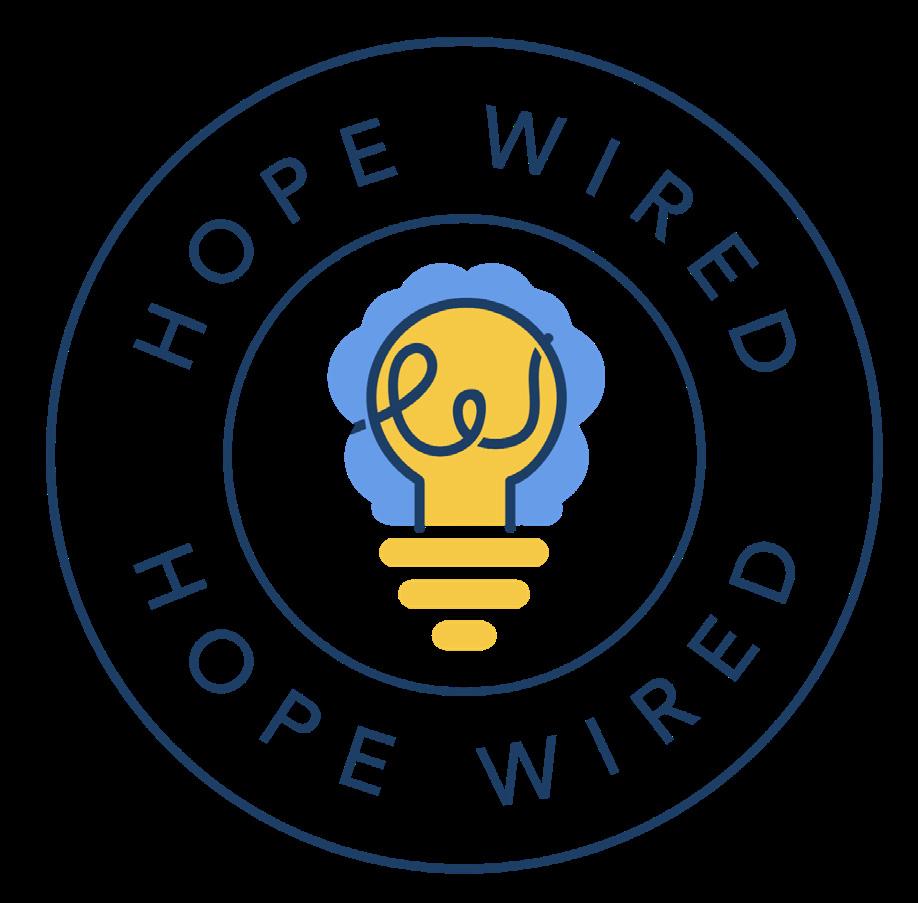

Circles is also enhancing its data collection and curriculum in collaboration with quantitative psychologist and researcher Evie Muilenburg Trevino, PhD, of Hope Wired. Her pioneering insights into the Science of Hope are now embedded in our progress reports, offering valuable perspectives on the journey out of poverty for our Circle Leaders. Circles is now weaving the intentional cultivation and development of hope a critical factor in upward mobility into our model as a regular “best practice.”
In 2024, an introduction to the Science of Hope became part of our Basic Training for all staff and volunteers. We will update Ally and Circle Leader training in 2025 with expanded research and data to better track the development of hope on the pathway out of poverty. These advancements in data and curriculum will foster deeper, more comprehensive insights for our community members, building upon hope’s transformative role in our mission to end poverty through intentional relationships.
The key concepts of Hope included in Basic Training are also available as a standalone six-minute video, accessible to all Circles staff and volunteers who completed Basic Training prior to this upgrade. We encourage staff to watch this video in order to build their foundational understanding of the Science of Hope and its role in poverty alleviation.

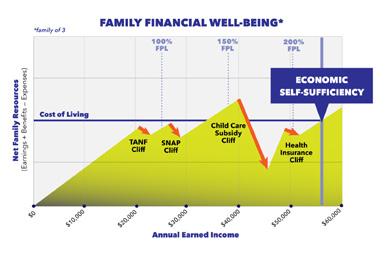

housing, food, healthcare, child care, and transportation. The Cliff Effect is when there is a sudden drop in this assistance due to a small increase in household earnings, such as a small raise, even when the increase isn't enough to cover the cost of the lost benefit.
*US Census Data
Why is it SO HARD for families living on low incomes to move out of poverty? STATE OFFICIALS CAN PROMOTE PROGRESS
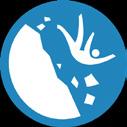


A single mom needed child care subsidies and SNAP food assistance to manage her monthly expenses. She worked hard to receive a promotion at work. Her success earned her a small raise. What caught her off guard was that it meant losing all of her SNAP and child care benefits Faced with this sudden financial hit, she had to make a tough decision and turn down the promotion and the raise. This unfortunate outcome is a common consequence of the Cliff Effect in our country, when earning more means having less.
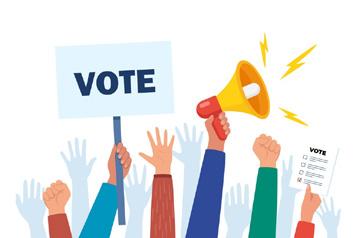
The Cliff Effect is a major obstacle for working individuals and families who are gaining momentum in the climb out of poverty. The good news is, unlike many challenges facing us today, there is a solution to the Cliff Effect problem! Qualification standards for most public benefits are determined at the state level, allowing each state to tailor its policies to the specific needs of its residents. We believe changes to public policy can not only eliminate the Cliff Effect but can help millions to get out AND stay out of poverty.
Our National Big View Team united champions from chapters across the country to research best practices, coordinate events, and synthesize strategies related to our Policy Platform (see pp. 24–25). The team led with a special focus on the Cliff Effect, the number one issue that keeps people trapped in poverty. Their work now heavily informs Circles programming like our Big View monthly newsletter, which shares resources, events, and best practices for systemic economic change.


For nearly a decade, Circles USA has conducted Big View research and developed tools to better inform families and policy makers about issues related to the Cliff Effect. In addition to the newly-updated Policy Platform (which provides local, national, and federal recommendations for mitigating Benefit Cliffs), several states have commissioned our researchers to make recommendations: for Michigan, Circles USA produced a field scan of solutions nationwide; and our New Mexico report included case studies that point to ways to resolve the Cliff Effect. Circles USA has prototyped multiple planning tools to estimate the income levels that prompt the loss of benefits with the Federal Reserve Bank of Atlanta and Leap Fund. Recent blog posts have highlighted the labor and ingenuity of Circles chapters building community awareness around the Cliff Effect, new free resources for Cliff Effect education, and more.
Our National Big View Team also created a downloadable one-page flyer that explains the Cliff Effect with clear visuals and examples, framing key talking points for advocates to share with employers, community members, and policymakers. Circles distributed this potent resource among our national network and in the wider field, including national conferences and online gatherings.
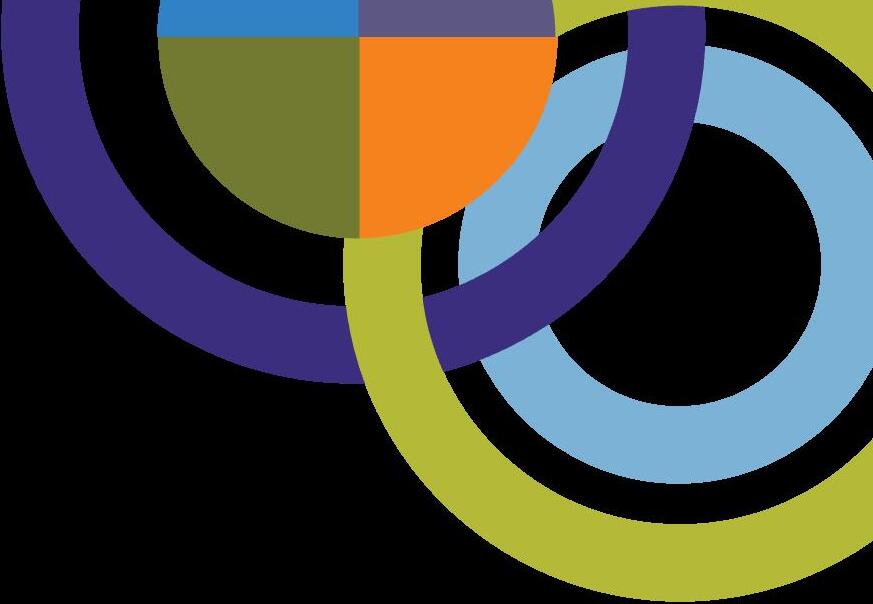
Organizing for civic engagement is one notable Circles strategy for addressing the Cliff Effect and other barriers to prosperity. The National Big View Team kicked off 2024 by synthesizing our nonpartisan guidelines and best practices for chapters engaging in year-round civic activities. As a broad community of 501(c)(3) organizations, Circles is intentional in supporting our local chapters to differentiate between civic advocacy vs. partisan political lobbying, delineating activities best suited to our Big View grassroots organizing efforts.
Our National Big View Team rallied civic engagement among chapters in 2024, disseminating resources and supporting members to drive a robust Get Out the Vote campaign throughout the election year. Following the election, Circles’s National Big View Team continues to resource chapters to hold our newly elected officials accountable in 2025 and beyond. This plan includes growing awareness of how communities can build civic power for change by voting “down ballot” each year, attending civic events to dialogue with officials, and more.
In this landscape of economic and political turbulence, the Circles USA National Big View Team remains committed to amplifying the voices of people with lived expertise of poverty, fostering community-driven solutions to systemic challenges, and driving strategic policy at every level for chapters to achieve maximum impact.
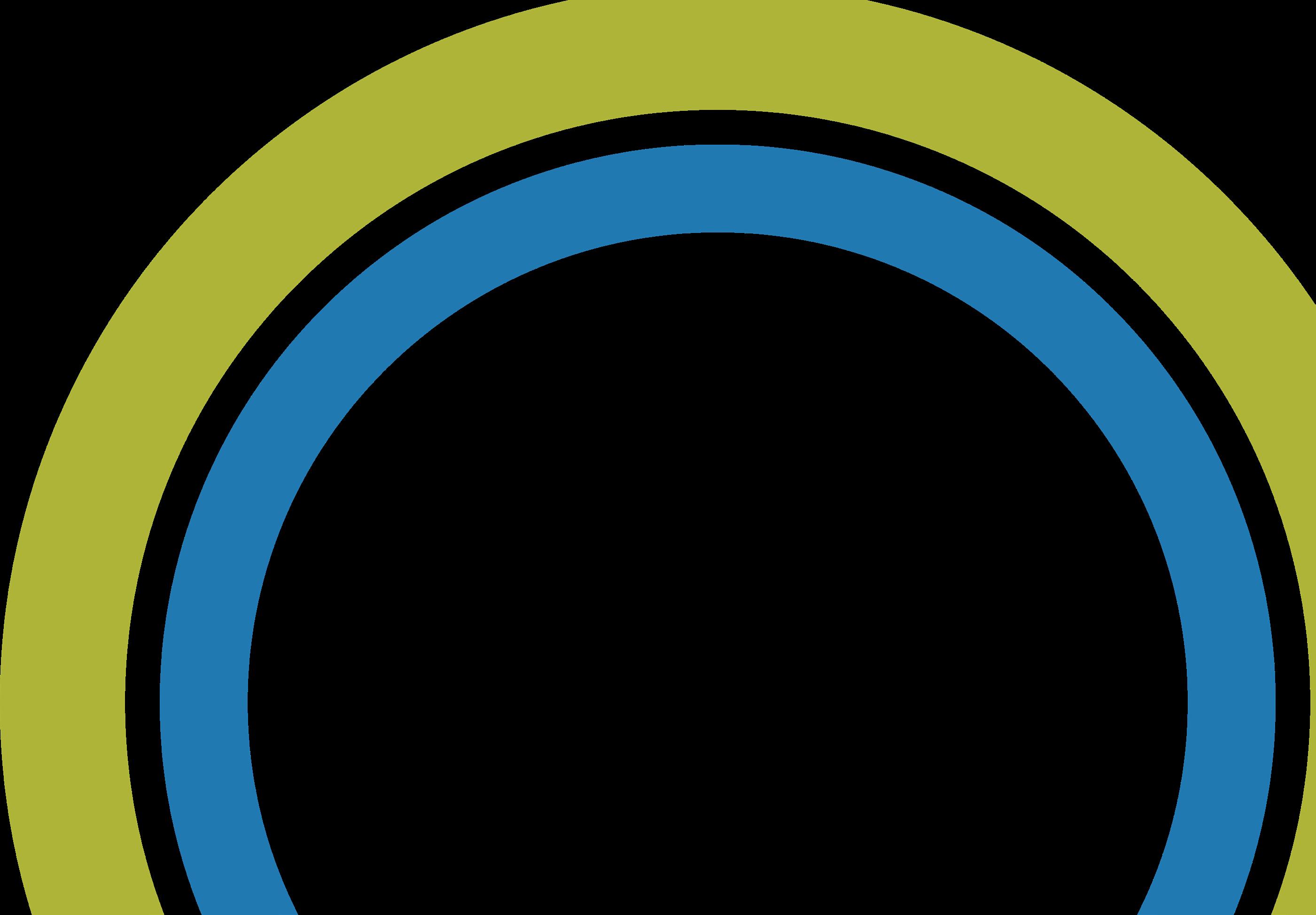
Circles has further updated our 2020 Big View Policy Platform, including key strategies pertaining to the Cliff Effect, for release in early 2025, refreshing our language to focus efforts on the core issues facing Circles participants.
Individuals and families who are working hard, yet struggling to make ends meet, require tools and support to overcome systemic barriers and achieve long-term economic stability. Circles USA knows that whole communities thrive when all people have access to the essential resources and support that lead to upward economic mobility.
Originally authored by board member Joan Kuriansky, our policy platform is built to address the challenges faced by low-income, working individuals and families who are earning just enough to disqualify them from many public benefits yet far too little to meet their basic needs. People experiencing poverty are also least likely to engage in the democratic process and most likely to be marginalized by systemic oppression.
These families are navigating a precarious financial landscape in an uncoordinated and non-responsive system that discounts their voice and value; however, their success is critical to breaking the cycle of poverty in our communities.

Our approach blends individual empowerment with communitydriven strategies, uniquely positioning us to advocate for systemic changes that create sustainable pathways out of poverty.
Policies that support living wages and benefits, affordable housing, and reliable public transportation, and affordable childcare are essential to create a foundation for economic stability.
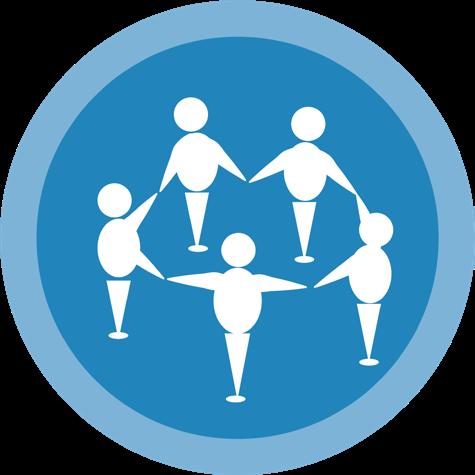

Many Circles participants lack the support systems and professional networks that are key to financial independence. Policies fostering mentorship programs, community partnerships, and equitable access to resources can fill this gap.
Economic mobility requires accessible pathways to higher education, vocational training, and career advancement. Policies that invest in workforce development directly benefit Circles participants who are working hard to advance.
Circles USA emphasizes the importance of policy reforms that smooth the transition off public benefits, allowing time to build stability as incomes increase.
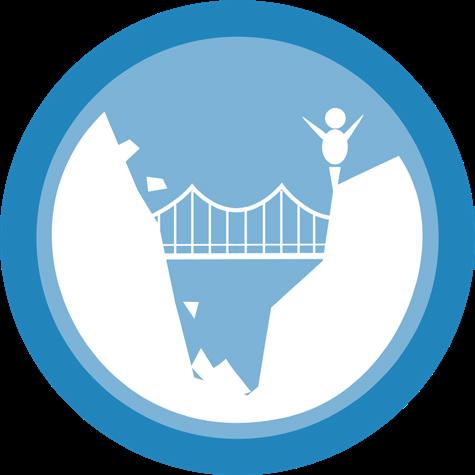
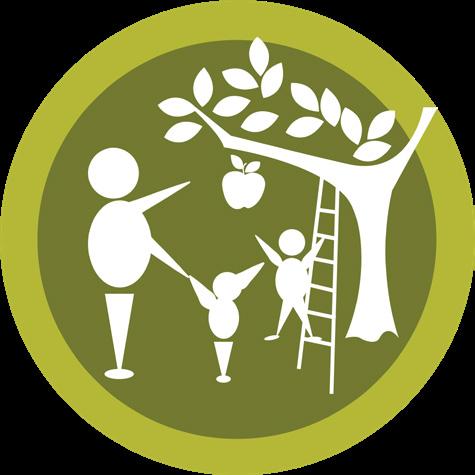

Poverty is trauma and disproportionately impacts physical and mental health. Affordable healthcare, expanded Medicaid, access to quality mental healthcare, paid family and medical leave, and robust child and elder-care options support the essential well-being necessary for economic security.
Circles USA strives to see each issue through an equity lens and advocate for full access and inclusion to all aspects that lead to the American Dream. We also encourage full participation in and a deepened understanding of the democratic process that impacts all of our lives directly.

Circles stepped up advocacy in 2024 for chapters building local and national solutions to the Cliff Effect, announcing our participation in the newly formed Beyond the Cliff Coalition. This working group, hosted by the Martha O’Bryan Center, is a first-of-its-kind national collaborative of nonprofits, state and local governments, and collaborative stakeholders focused on helping families achieve economic prosperity and specifically eliminating Benefit Cliffs.
This coalition gathered data in 2024 to determine which practices and policies will form the core of our organizing in 2025 and beyond, with an advocacy trip to the U.S. Capitol slated for May.
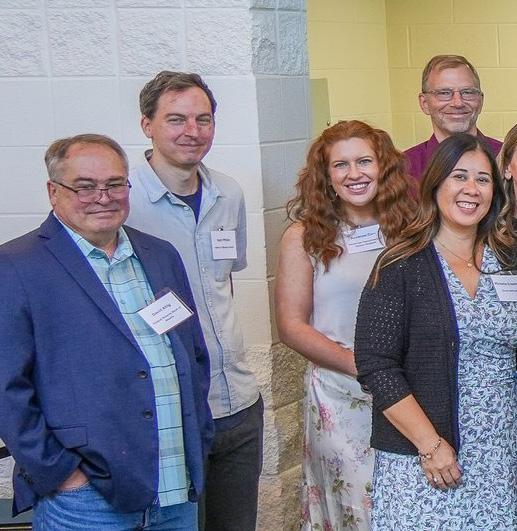
Member organizations for the inaugural Beyond the Cliff Coalition include:
Circles Salt Lake and Circles Central Florida, local chapters of Circles USA
Colorado Benefits Cliff Collaborative, comprised of
—Colorado Department of Human Services (CDHS) CrossPurpose
—Innovate+Educate Spur LLC
—TorchTech
Episcopal Community Services of Philadelphia
Goodwill Industries of the Southern Piedmont
26 | Circles USA 2024 Impact Report


(Member organizations continued)
Hennepin County Office of Workforce Development
Onondaga County Department of Social Services
Springfield WORKS
Tennessee Alliance for Economic Mobility (an initiative of Martha O’Bryan Center in partnership with Tennessee Department of Human Services)
Vermont Department for Children and Families

Workforce Development Council of Seattle King County
Leveraging the power of new partnerships to advance Circles USA’s mission of building community to end poverty, national leadership from Circles USA presented at several key national conferences in 2024.
• At the virtual Collective Impact Conference, Circles coached organizations taking collaborative approaches to mitigating poverty.
• The National Community Action Partnership’s (NCAP) 2024 Annual Convention connected Circles leadership with government agencies, case managers, and community advocates leading anti-poverty initiatives. Our presentation centered the Circles model and strategized ways to engage community members as Allies so that the weight of the anti-poverty work doesn’t rest solely on case managers. Circles currently has 17 chapters sponsored by CAP agencies.
• Kamatara Johnson served as a virtual panelist at an Ascend/Aspen Institute webinar on the Cliff Effect. The panel, hosted by Keith Barnes (Senior Director of the Beyond the Cliff initiative at the Martha O’Bryan Center) focused on national policy and systems change efforts around Benefit Cliffs, inviting attendees to identify opportunities to innovate around these cliffs in their own communities.
• Later in 2024, Kamatara co-presented with Alex Ruder from the Federal Reserve Bank of Atlanta at the Together We Thrive Conference, where many national antipoverty organizations convened to teach and learn about the Cliff Effect.
• To cap our 2024 campaign to mitigate the Cliff, Kamatara spoke as a panelist in a Benefits Cliffs Summit hosted by the Sutherland Institute and community partners like Weber State University and Circles Salt Lake.
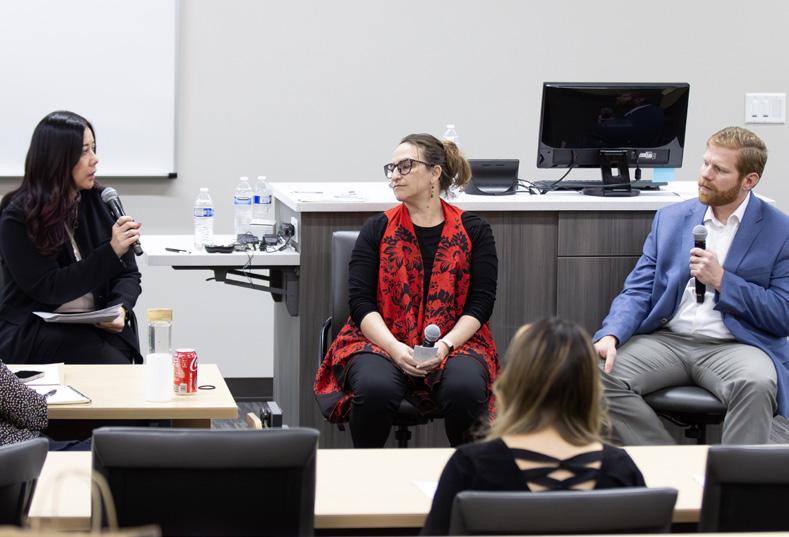
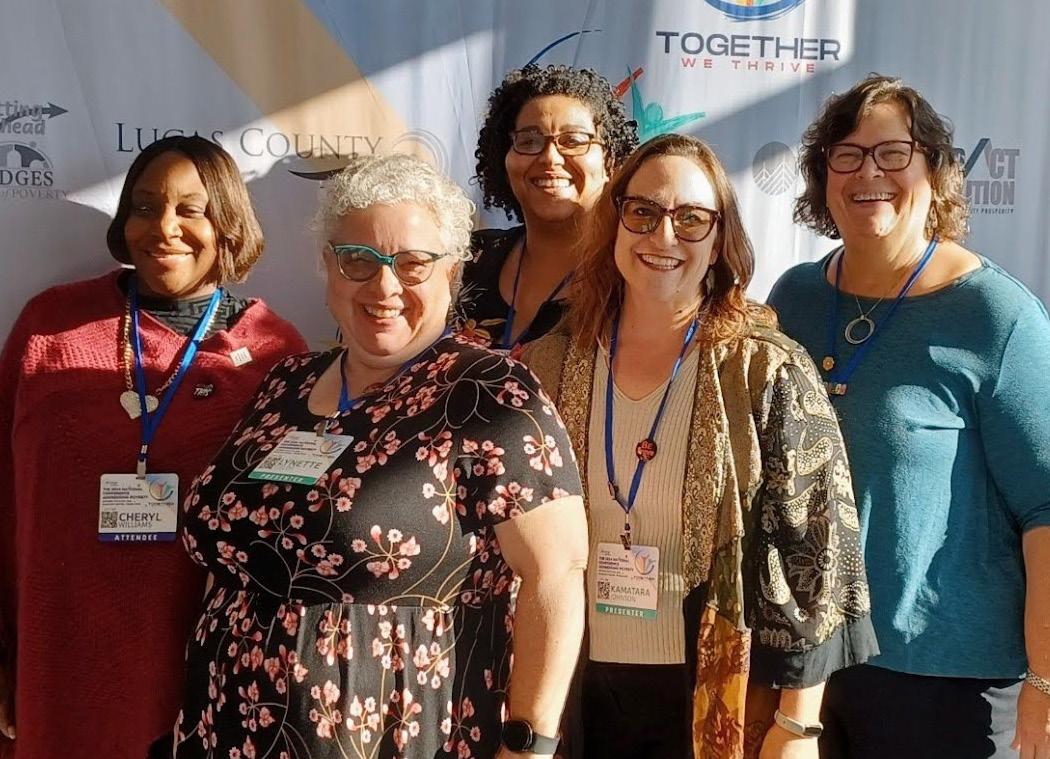
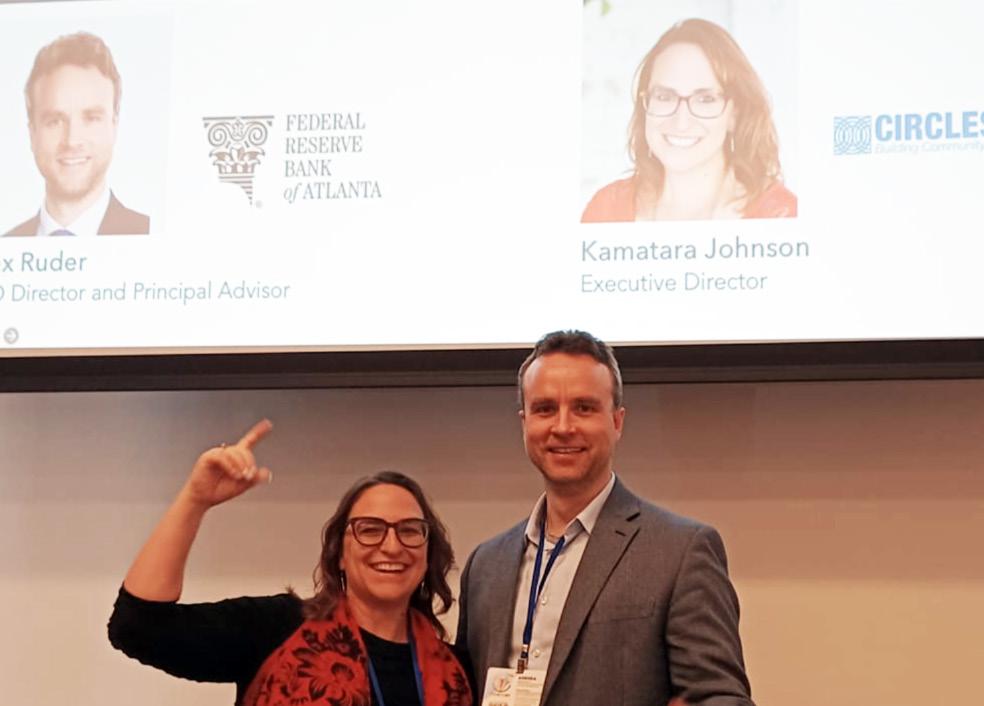

In addition to our chapters utilizing the Atlanta Fed’s Planning Tools to support Circle Leaders in designing a bridge beyond the Cliff, Circles USA has collaborated with representatives to present at conferences and collaboration in national coalitions related to the Cliff. Dr. Brittany Birken and Alex Ruder from the ATL Fed are national advisors to the Cliff Effect Coalition, supporting the communications, evidence, and policy working groups that are aiming to convene in DC in May of 2025. Alex presented with Kamatara at the Together We Thrive conference in October 2024, sharing their insights and tools related to the Cliff Effect.

Our partnership with quantitative psychologist Dr. Evie Muilenburg Trevino of Hope Wired (Hope Research Center, University of Oklahoma Tulsa) deepened this year as we collaborated to refine our data collection and curriculum. Her team’s pioneering research on the “Science of Hope” highlights hope as a vital indicator of well-being and a key factor in upward mobility. The Circles model serves as a catalyst for hope, with connection and support at its core integral to our mission of ending poverty through intentional friendships. This partnership will continue in 2025 as we further integrate her research into updates for our Ally and Circle Leader training.
USA 2024 Impact Report |
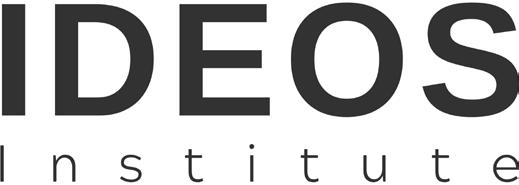
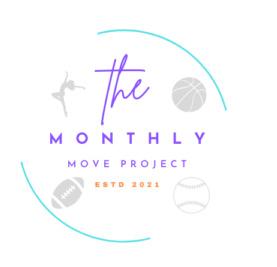

Ideos Institute, a nonprofit organization dedicated to the work of Empathic Intelligence (EmQ) and its application to empathy-based communications, remains a key partner. After a successful grant launch in 2022, Ideos Institute provided Big View leadership training to 10 chapters. Based on this training and feedback from our chapters, Circles USA completed the final phase of this three-part grant in 2024 with the release of the virtual Big View Training.
Circles announced a new partnership with The Monthly Move Project (TMMP), a Utah-based national initiative funding access to athletic programs for children experiencing poverty. TMMP aims to close access gaps in athletic participation for low-income youth by leveraging community sponsorships from local businesses to create scholarship access for guardians.
Circles USA continues to work with founder and consulting partner Scott Miller on innovative pilot projects encompassed within Poverty Alleviation Systems (PAS). We continue to collaborate with two PAS pilots in Tennessee and Maryland.
In 2023, the Tennessee pilot launched three more Circles chapters and launched four more in 2024 to better serve its 14-county Upper Cumberland region. St. Mary’s County, Maryland, has come on board to begin serving the public in 2024.
As these pilot sites develop, Circles USA will work to incorporate new strategies across our community of practice in all of our chapters.

The True Charity Network is a national coalition of churches and nonprofits that serve people in poverty. True Charity helps guide these organizations along the path to effective charity by equipping them with hyper-practical resources to make their programs more powerful. No matter where charities and faith programs are in their journey, True Charity helps them find the next step to amplify their impact moving beyond perpetual crisis relief to long-term development.
In order to offer their network some models that are already in use, data-driven, and time-tested, True Charity acts as a clearinghouse for some of the best preexisting models in the field. Circles USA, as an endorsed partner organization, is thrilled to offer our members access to True Charity’s programming. We also celebrate the reciprocal exchange of skills and core values that Circles USA participants will bring to the coalition, enriching True Charity’s toolkits with our own quarter-century–tested body of best practices for poverty alleviation.

In January of 2024, the University of Western Australia (UWA) published a new article, “Poverty Reduction and Determinants of Health,” in the academic Journal of Poverty. The paper, authored by public health professionals Drs. Justin Denny, Brian Garvey, Lenie Nguyen, and Abia Sebaka, “contributes to the small but growing body of literature on poverty reduction through peer mentorship programs.” Sebaka and Nguyen, along with Denny (an Associate Professor at the UWA), had previously analyzed multiple years of Circles USA data and found significant income growth for participants. The researchers’ analysis compared characteristics of Circles Leaders against gains in economic progress after the completion of the 12-week class in order to inform future strategic planning efforts by Circles USA.
Circles USA 2024 Impact Report | 31
KAMATARA JOHNSON Executive Director
Albuquerque, NM

Kamatara has grown into the ED position formerly supporting Circles USA as the Chief Learning Officer. With a master’s degree in organizational leadership, 25 years of experience in secondary education, and a deep connection with our Circles chapters, Kamatara holds the space for collaboration, innovation, and advancement for all the people in our Circles family.
GENA ATCHER Administrative Coordinator
Rapid City, SD

Gena began working for Circles USA in 2006. She manages general inquiries, materials distribution, contract negotiations, accounting, and events. In addition to fully supporting our national staff, Gena connects our chapters to resources, best practices, and each other to support our thriving network.
Information Systems and Design Manager
Lowell, AR

Courtney manages Circles USA’s national data system and trains Circles chapters on how to use it. She also serves as a graphic designer for Circles USA and creates websites, logos, brochures, manuals, guides, and reports for its chapters.
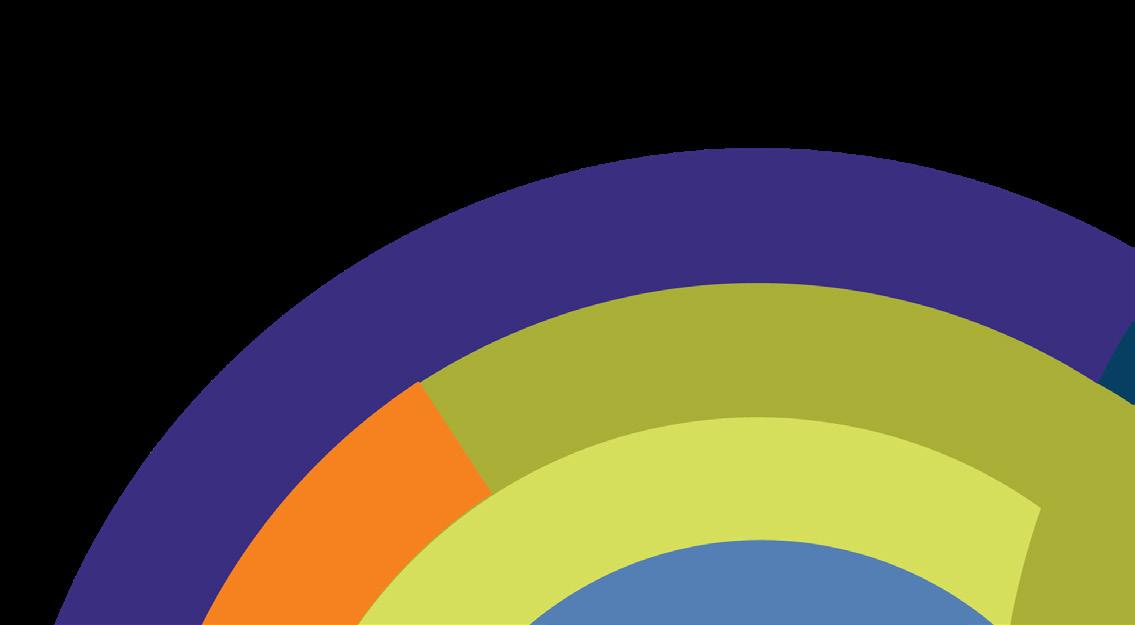
KRIS ALEXANDER Chief Learning Officer Asheville, NC
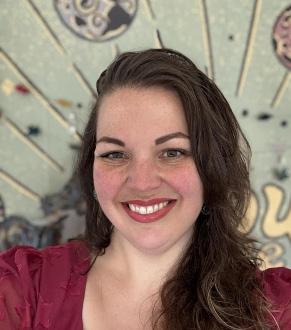
Kris manages the development, delivery, and continuous enhancement of Circle USA’s trainings and programming. In addition to curriculum and training development, she ensures Circles remains at the forefront of innovation and best practices in poverty alleviation; champions its commitment to equity, justice, and inclusion; and collaborates with Circles staff to provide valuable resources for both the Circles community of practice and the general public.
ADDIE HARTNETT National Coach Orlando,
FL
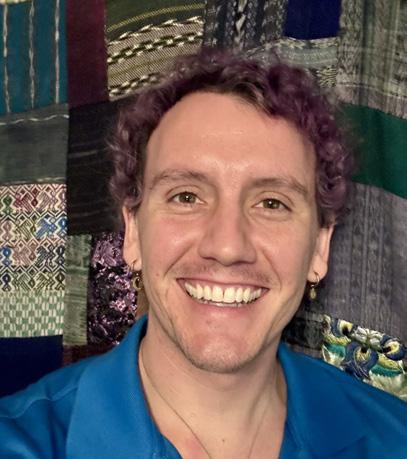
Addie Hartnett holds dual roles in the Circles USA community of practice: they have supported their local Circles chapter in Central Florida since 2013 and continue to do so; and, in January 2024, they joined the Circles core staff as our new National Coach.
Addie brings a master’s degree in social work policy and program administration as well as formal coach training, leveraging their leadership skill and “boots on the ground” experience to build systems of support for our 70+ Circles chapters across the nation.
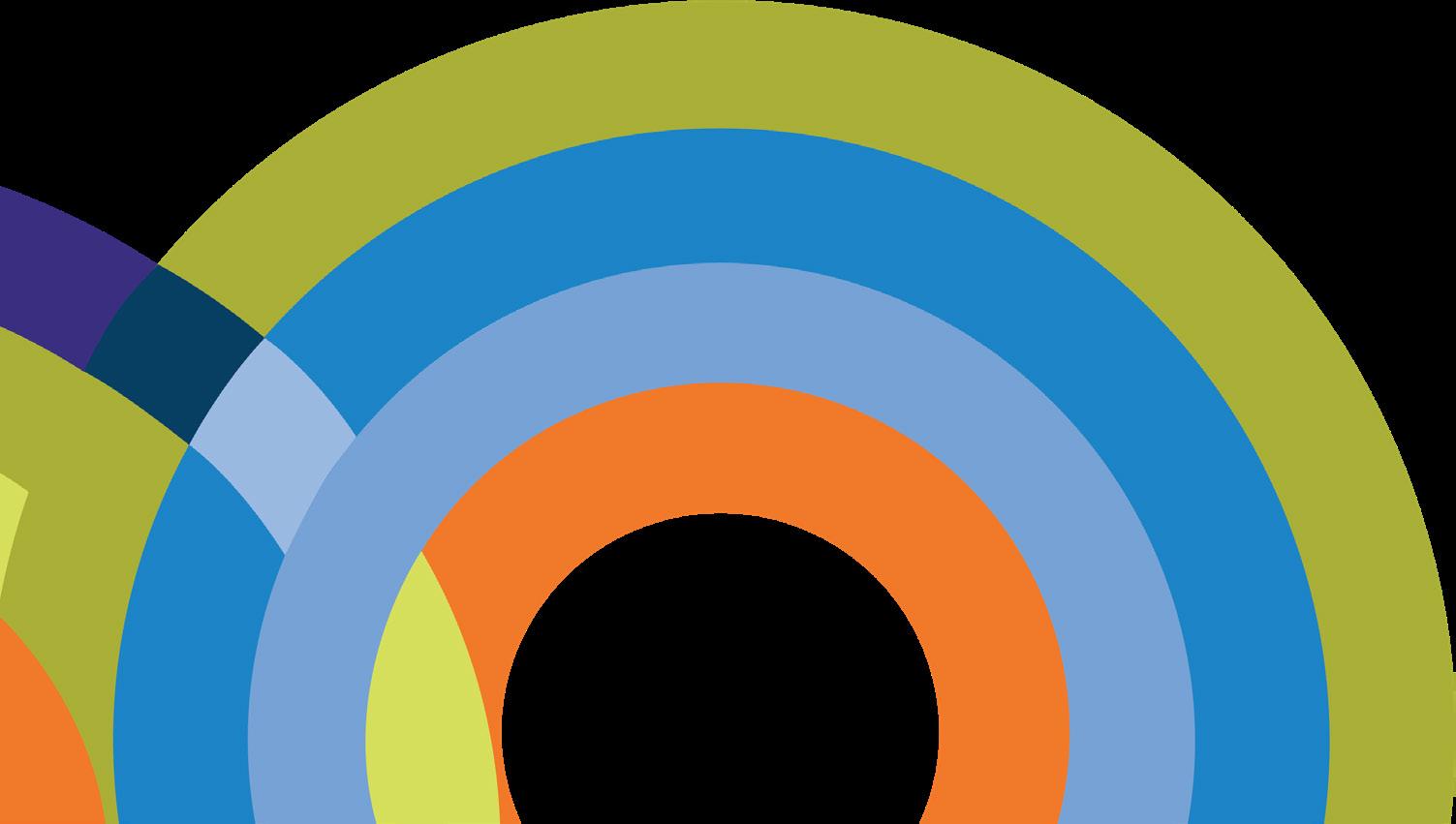
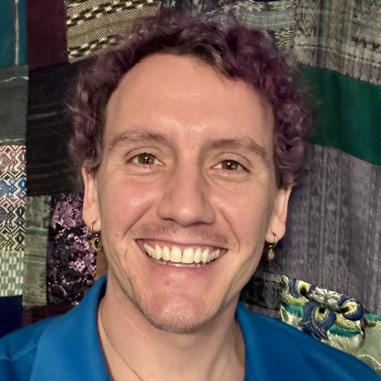
Circles USA reconfigured our national leadership in 2024, introducing new key staff and governance roles while bidding fond farewell to others.
National Coach Addie Hartnett joined the core Circles team in January 2024.
Kris Alexander came onboard as our Curriculum Development Specialist.

With the addition of a central region headed by Coach TJ Williams, as well as incoming Regional Coaches like Andrew Sprock, Circles USA has increased its level of care for the local chapters.
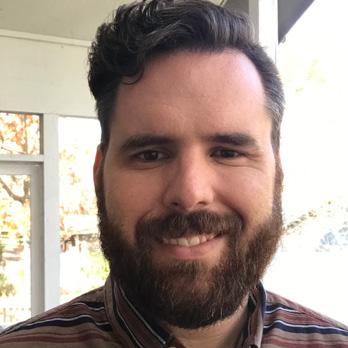
Addie Hartnett’s shift from Regional Coach to National Coach allowed Shavonne Vasquez and Cheryl Williams to step into crucial South Regional Coach roles.

Circles said goodbye to former Chief Learning and Integrity Officer
Yvette Trujillo, who moved on to a new chapter of her life in August.
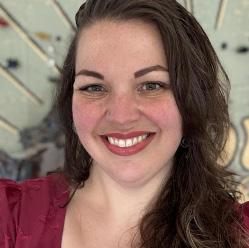
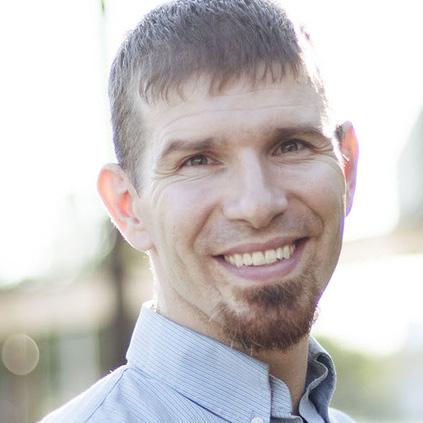
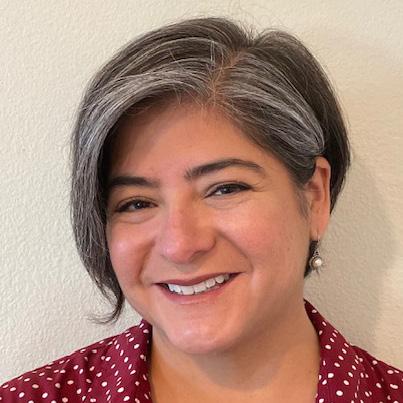
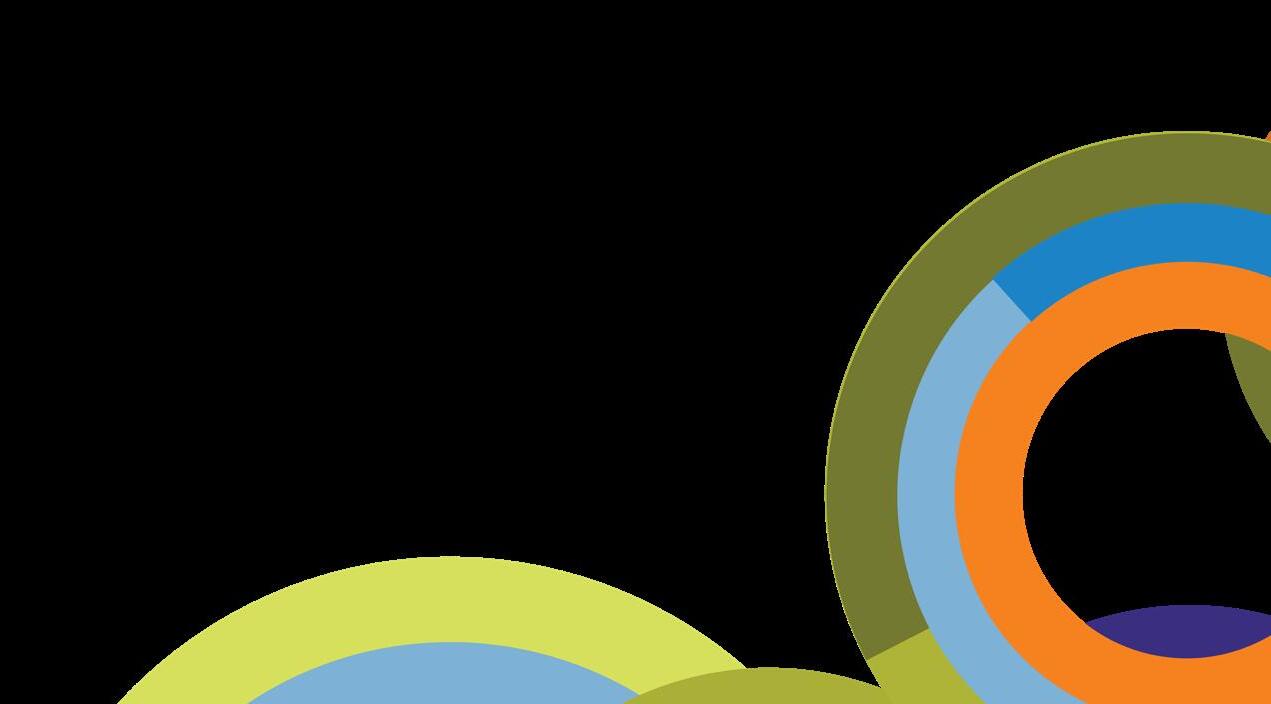
As Circles USA continues to grow, the national office is committed to enhance the infrastructure and reach of our chapter support system through the expansion of our Regional Coaching team.
Led by the National Coach, these six Regional Coaches in five distinct regions have proven pivotal in strengthening the support we provide to our community of practice. This growing network of regional leadership allows for a more knowledgeable, robust system of chapter support, bridging geographic, economic, and demographic boundaries.
Regional Coaches play a multifaceted role in supporting Circles USA’s mission, including:
• hosting monthly regional community of practice calls;
• providing regular coaching for chapters in their regions;
• advising new chapters as they launch Circles in their communities;
• supporting regional collaborations; and
• informing the national office.
The national office extends its gratitude to all Regional Coaches: Andrew Sprock, Cheryl Williams, Helen Rai, Michelle Crawford, Shavonne Vasquez and TJ Williams. We thank you for your dedication to building a stronger, more interconnected network that transcends geographic boundaries and transforms communities. As Circles USA continues to expand its footprint, we are confident that the Regional Coaches and National Coach will play crucial roles in realizing our vision of empowerment and systemic change.
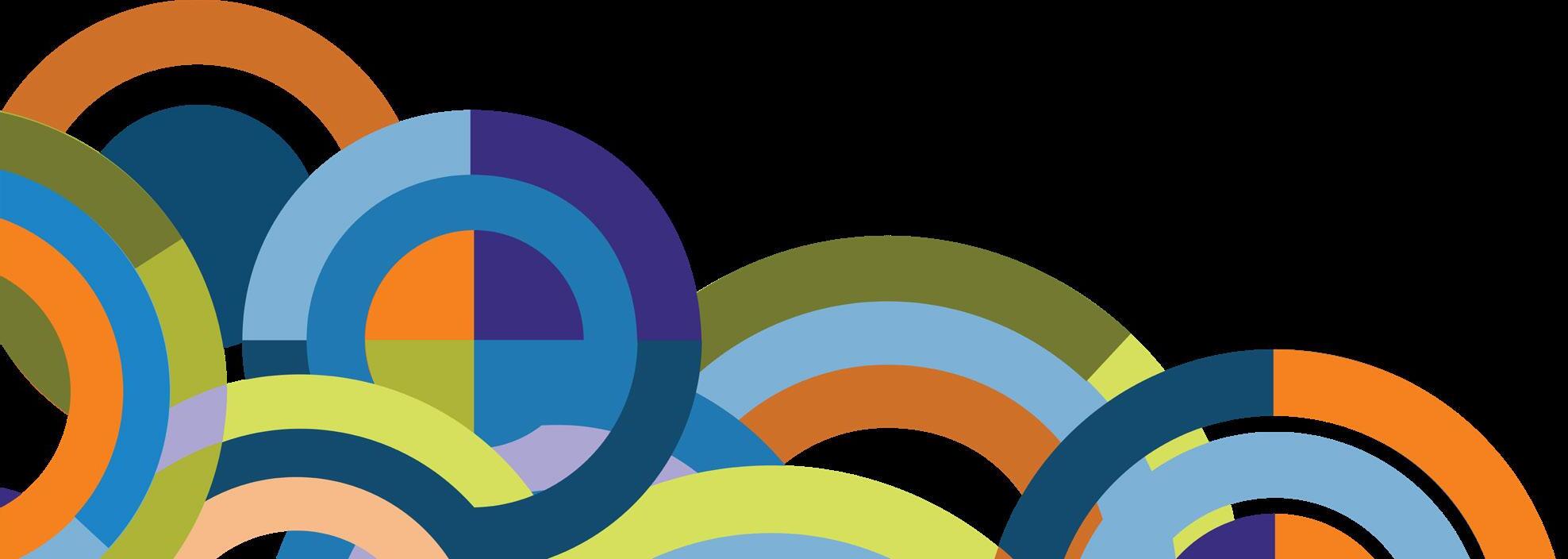
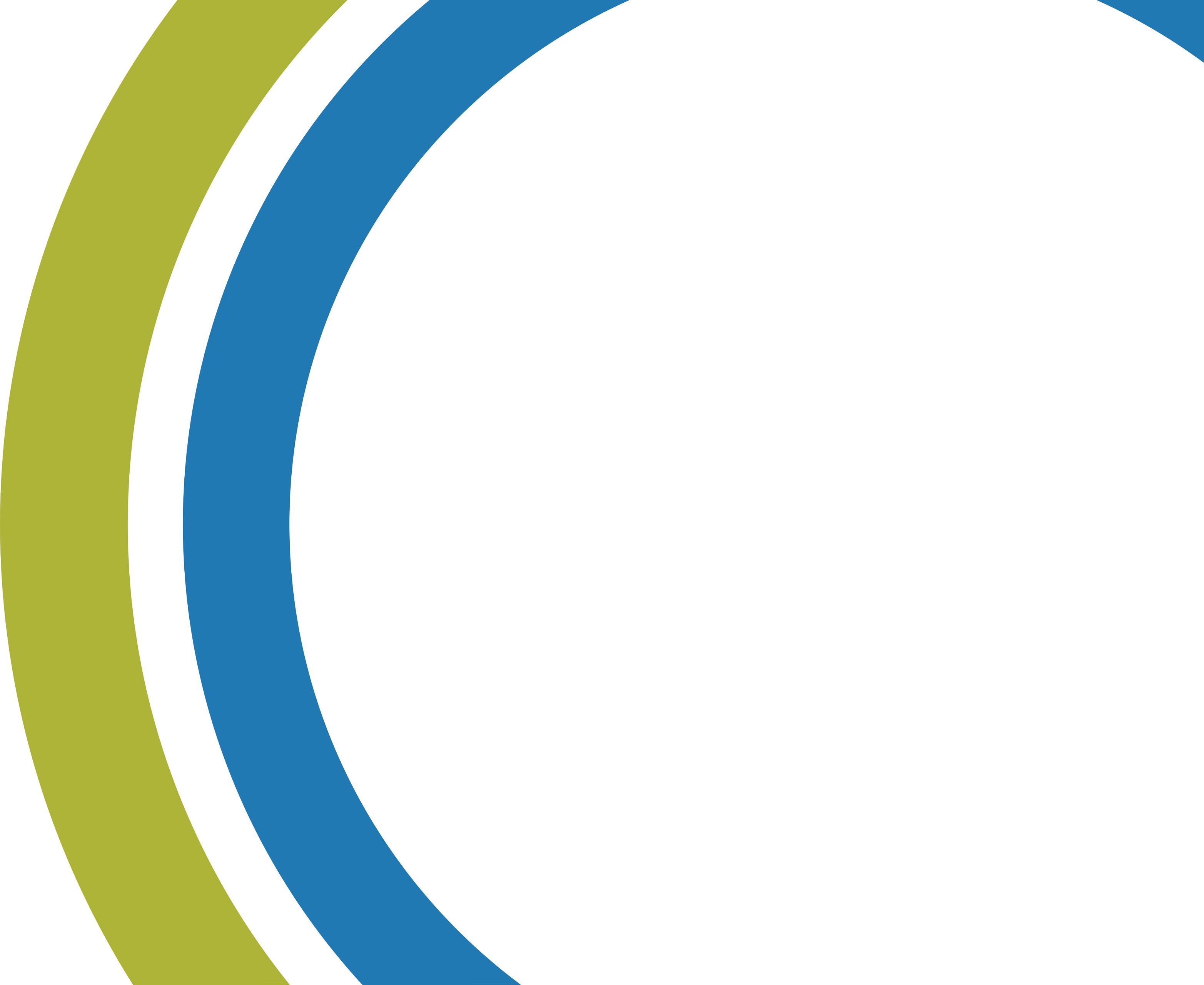



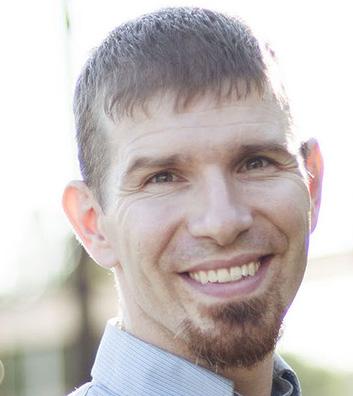
CHERYL WILLIAMS and SHAVONNE VASQUEZ
Southeast Region (FL, GA, AL, SC)
Cheryl has served as the Circles Coach for Circles Columbus, GA, since 2022. Shavonne currently serves as the Circles Coordinator for Circles Hilton Head, SC, where she started as the Circles Coach in 2022. Shavonne and Cheryl have worked together to support the Southeast Region since they were hired in June, 2024. While they are new to their roles they each bring a unique set of skills and deeply relevant experience to the Regional Coach team. Their lived expertise overcoming their own barriers to economic stability inform not only their own work at the local and regional level, but bring a broader range of perspectives to the national Circles USA team as well!
HELEN RAI
Mid-Atlantic Region (VA, NC, PA, MD, MA, NH, NJ)
Since 2016 Helen has served both Circles Ashland and Richmond, VA, in various roles. She most recently settled into the Program Director role for Circles RVA in 2024. As the Regional Coach for the Mid-Atlantic Region Helen uses her years of experience with Circles and other human services to bring calm and steady support to the chapters n her region.
ANDREW SPROCK
Midwest Region (MI, WI, IN, WV, KY)
Andrew has served Circles of Grant County in Indiana since 2013 and currently serves as the Director there. In March of 2024 he was hired to serve as the Midwest Regional Coach. One of his greatest strengths is his ability to listen and understand the strengths and struggles of those he supports and translate that understanding into relevant, helpful guidance.
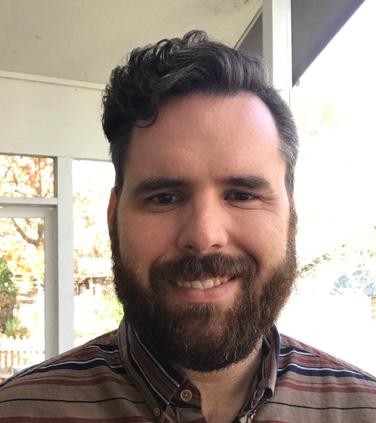
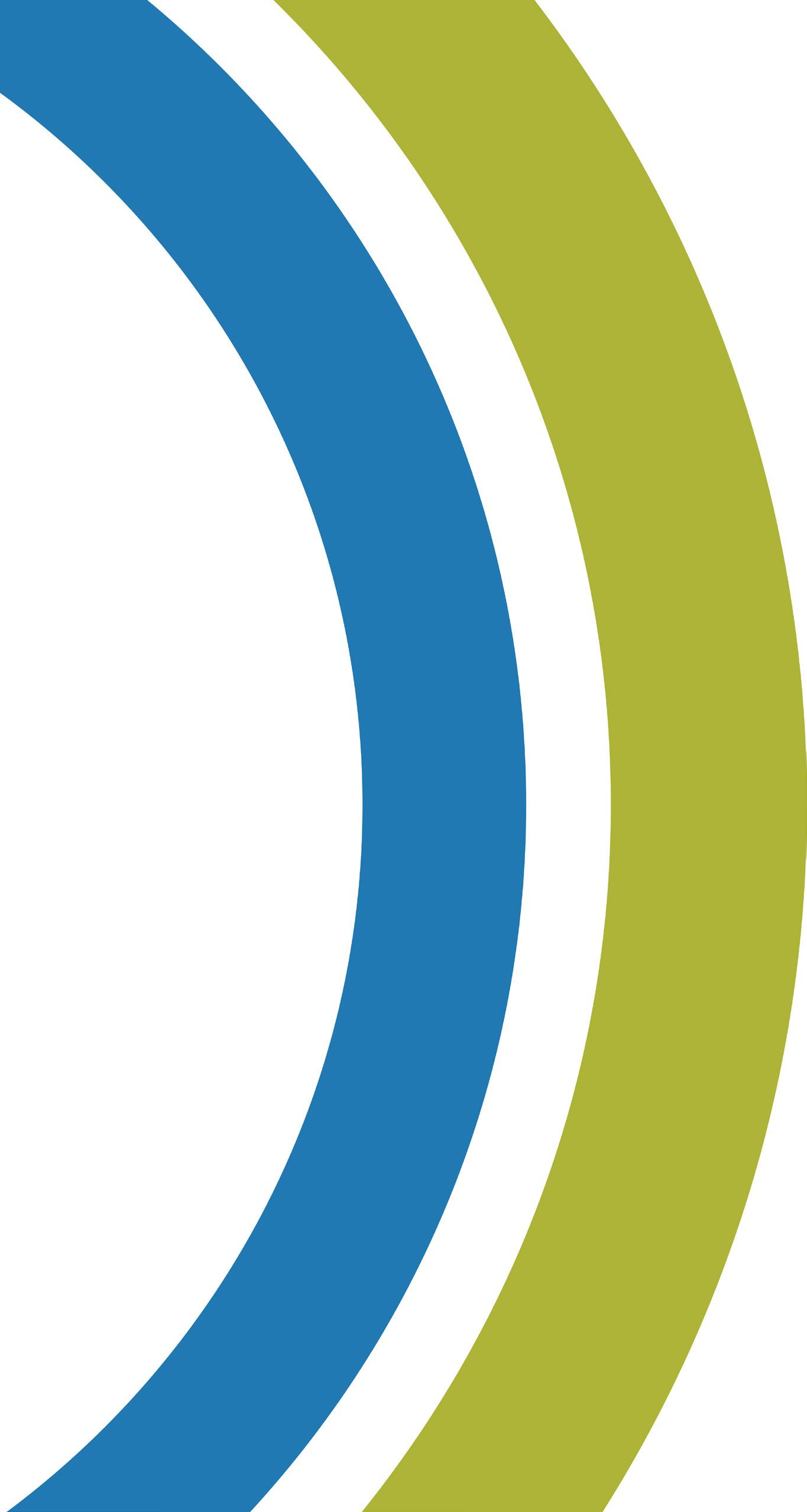
TJ WILLIAMS
Central Region (NE, MO, AR, KS, TX)
TJ helped launch Circles in Northwest Arkansas and began his work as the Circles Coach in 2019. He now serves as the Sr. Director of Initiatives for his chapter and continues to provide personal development coaching for their Circle Leaders. Hired in October 2024, TJ is the newest addition to the Regional Coach team. TJ is bringing together the newest region for Circles USA in the center of the country.
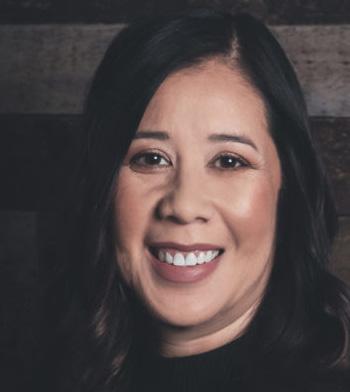
MICHELLE CRAWFORD
Western Region (UT, NM, CA, OR)
Michelle is the Executive Director at Circles Salt Lake. She first began her involvement with Circles as a volunteer. As she quickly fell in love with the model she became an Ally then board member and finally changed careers from the corporate business sector. She now heartfully supports the Circles chapters in her region and values the chance to broaden her support across Circles chapters and the families we collectively serve.
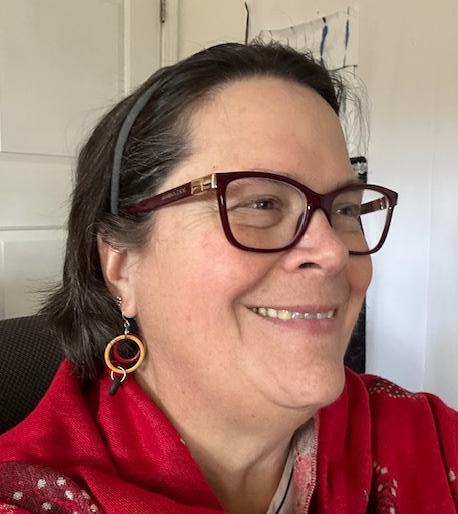
SARAH THORNBURG Pilot Chapter Coach
Sarah was instrumental in founding the Circles Washtenaw County chapter (Ypsilanti, MI) in 2016 and served as their Circles Program Director for three years. Now retired, Sarah coaches Circles USA pilot chapters, pioneering work in Poverty Alleviation Systems with founder Scott C. Miller. Sarah also offers strategy and insight to Circles USA based on her years of experience as the former Executive Director of Friends In Deed, Circles Washtenaw County’s host organization.
JOAN KURIANSKY Board Chair former Executive Director of Wider Opportunities for Women Washington,
DC

JIM MASTERS Board Treasurer President of Center for Community Futures
Berkeley, CA

Joan is the creator of our 6-point Big View Policy Platform. She has worked in the social justice field throughout her career as an attorney; executive director of local and national nonprofits; and board member or volunteer at local, national, and international levels. Her primary focus is on the rights of women, including moving from poverty to economic security.

Jim is president, director, and owner of the Center for Community Futures. He has worked with over 500 Community Action Agencies and Head Start programs since 1966. Jim has developed and delivered more than 300 professional development and capacity building seminars for OEO, CSA, NACAA, NASCSP, regional and state associations, and individual agencies.
JENNIFER PELLING Board Member
Director of Tsuha Foundation San Diego, CA
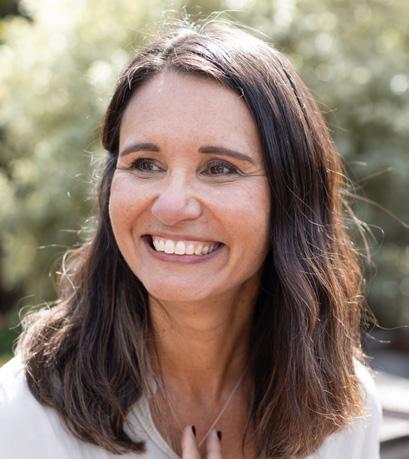
VAN GREEN Board Member
Director and Founder of “Universal Soldiers” Men’s Group, and Collegiate Basketball Coach Sacramento, CA

Jennifer is a founding member of the Tsuha Foundation. She believes in the power of stories to break down stereotypes, promote constructive dialogue, and engage people in social change. Her previous experience includes consulting and project management, homeschooling her children, and teaching at a charter school.
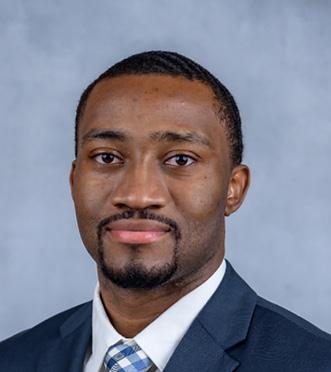
Van is the founder and director of “Universal Soldiers,” a men’s group based in Sacramento, CA. He also serves as a collegiate basketball coach, where he combines his love for sports and leadership. Van brings his expertise in teamwork, community engagement, and personal development to the Circles USA Board of Directors.
“In my board member role, I hope to bring a fresh, authentic perspective to the collective. In the sharing of experiences and strategies, I hope to strengthen the Circles initiative as we collectively serve our community at large.”
Van Green Circles Board Member
Circles USA proudly launched a new Advisory Council in July 2022. This group, tasked with building a line of communication between chapters and the board, met eight times, addressing topics ranging from “What does success look like at Circles?” to mental health; building community across chapters; and long-term chapter sustainability. The Council consisted of 10 people from 10 different chapters rural, urban, and suburban; new chapters and veteran ones.
Board member Jennifer Pelling (who led this initiative) says: “The Board of Directors benefited greatly from the diverse group of Circle Leaders, Allies, and chapter staff who served on the Advisory Council. There is no substitute for hearing directly from people putting the Circles model to work in their communities. The Advisory Council discussed difficult topics, shared ideas small and large, and celebrated many successes along the way.”
Given the success of the first cohort, Jennifer Pelling and new board member Van Green are now working together to assemble and facilitate a second cohort in 2025. We look forward to continued collaboration and relationship-building between our Board of Directors and our chapters!
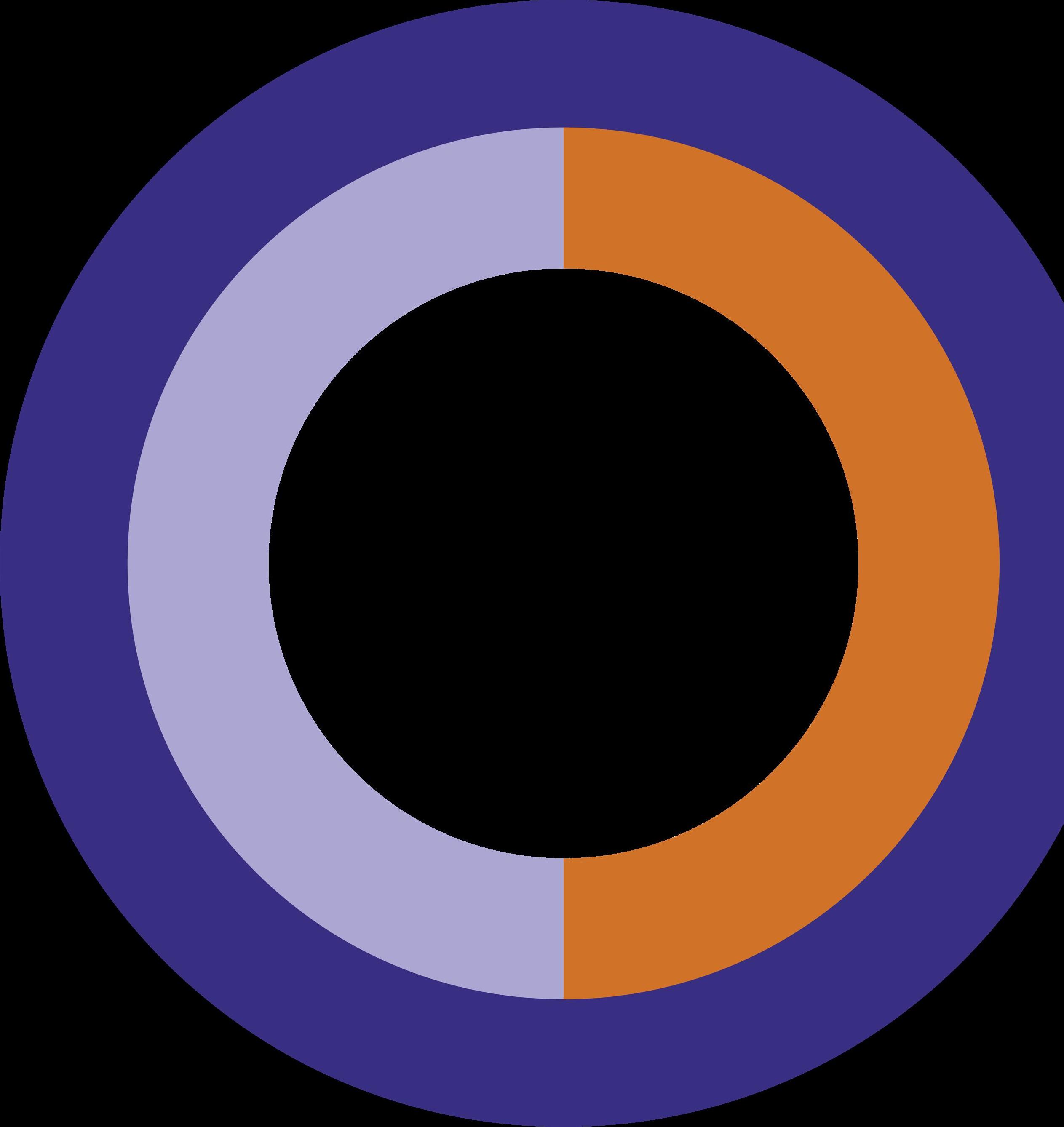
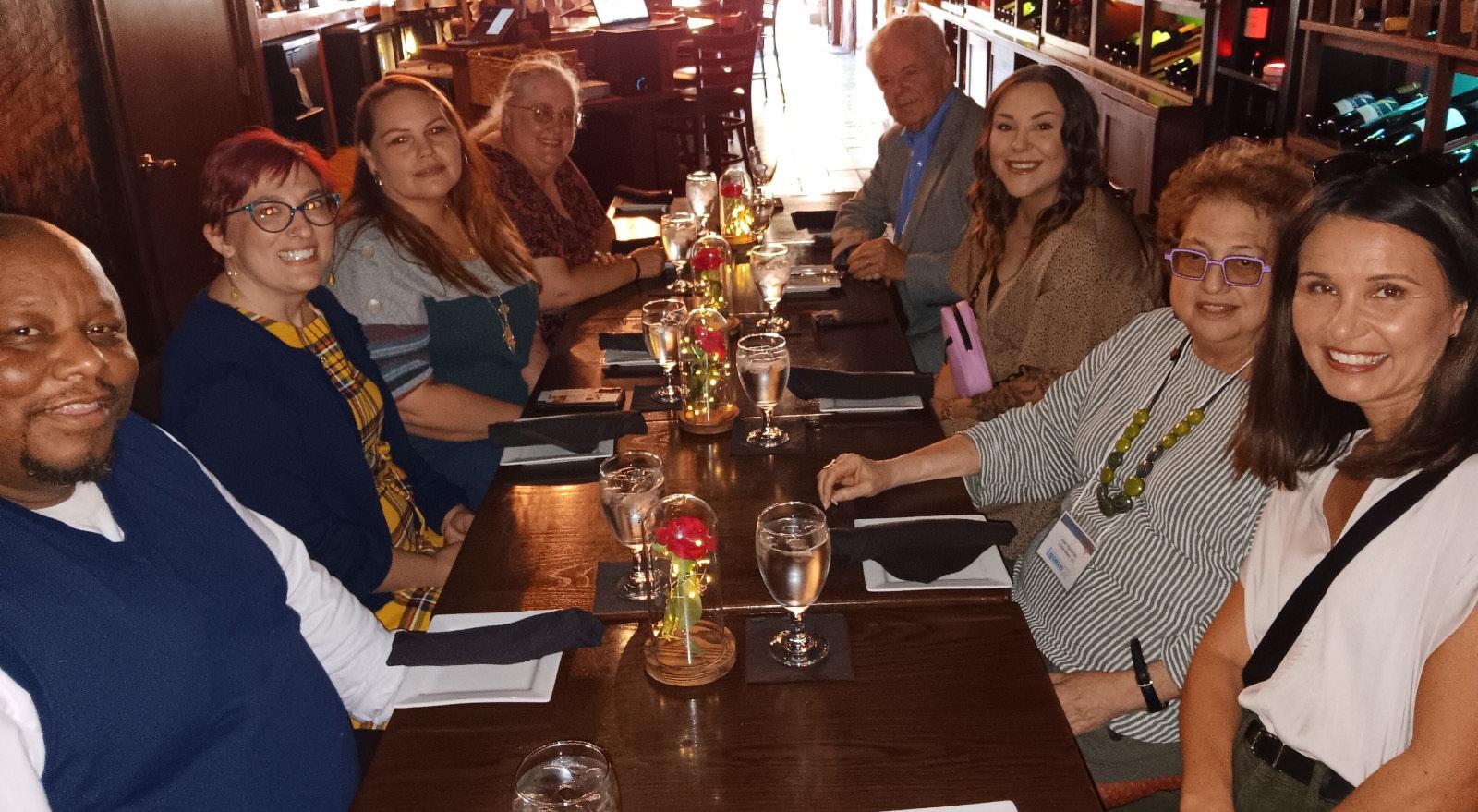
AMY BROOKS
Content Writer & Editor (Minneapolis, MN)
JEANNIE CHAFFIN
Poverty Alleviation System Consultant (Washington, DC)
LYNETTE FIELDS

Expansion Advisor, Director of Poverty Solutions Group (Orlando, FL)
ALEXIS JORGENSEN
Assistant (Lowell, AR)
JENNY LIPFERT
Graphic Designer (New York, NY)
NATALIE OH
Marketing and Communications Consultant (Boston, MA)
LISE PORTER
Mental Health Specialist (Glendale, CA)
CHRIS TINNEY
Sales Ambassador (Seligman, AZ)
DR. EVIE MUILENBURG TREVINO
Quantitative Psychologist and Consultant (Bixby, OK)
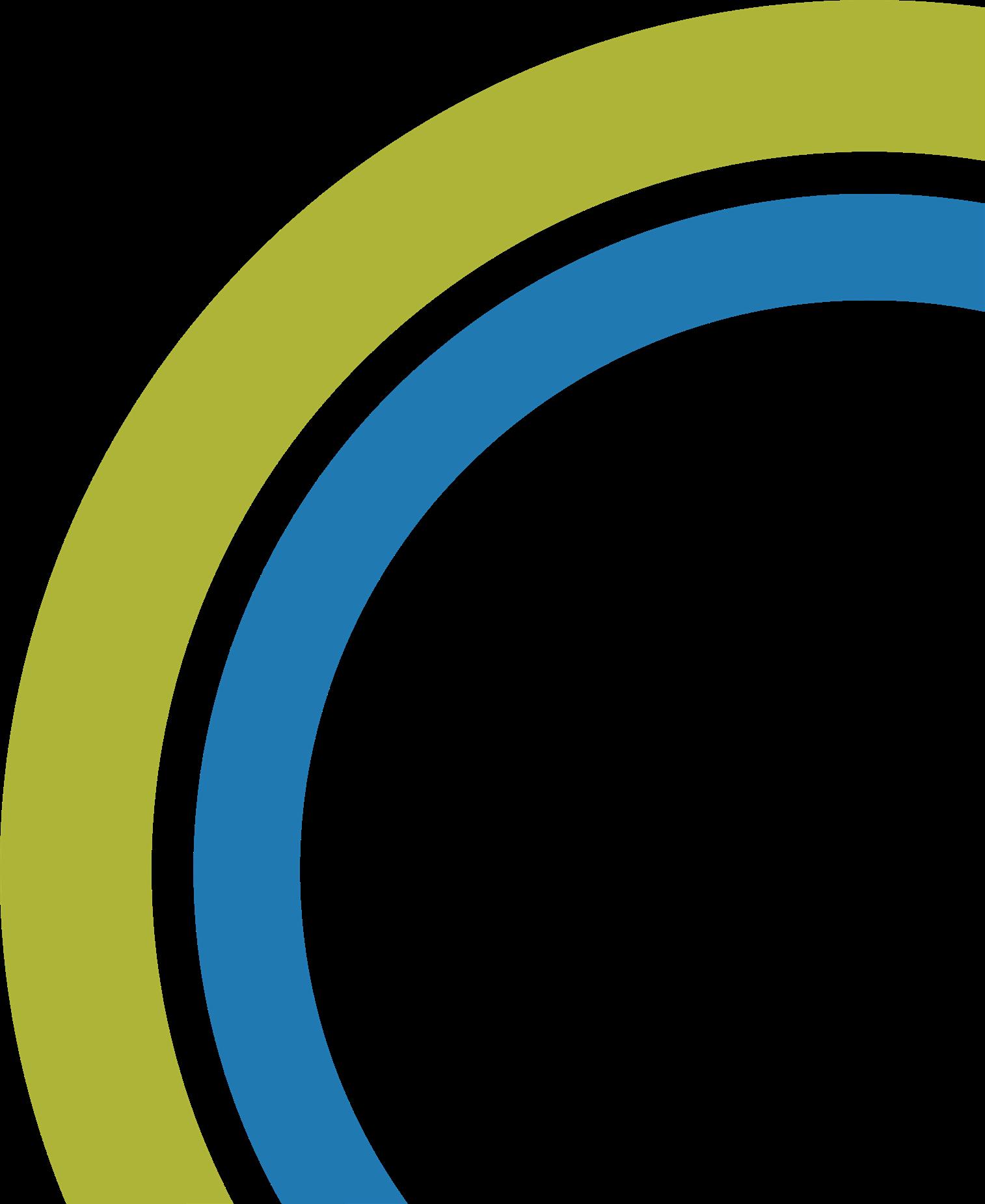

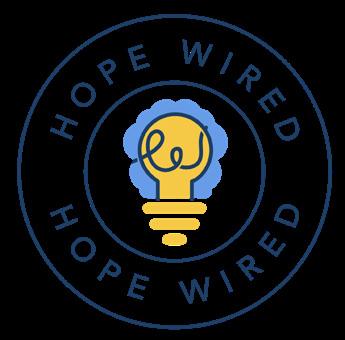



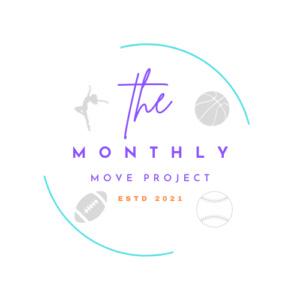








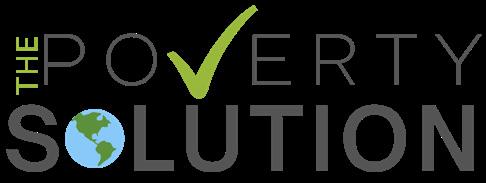



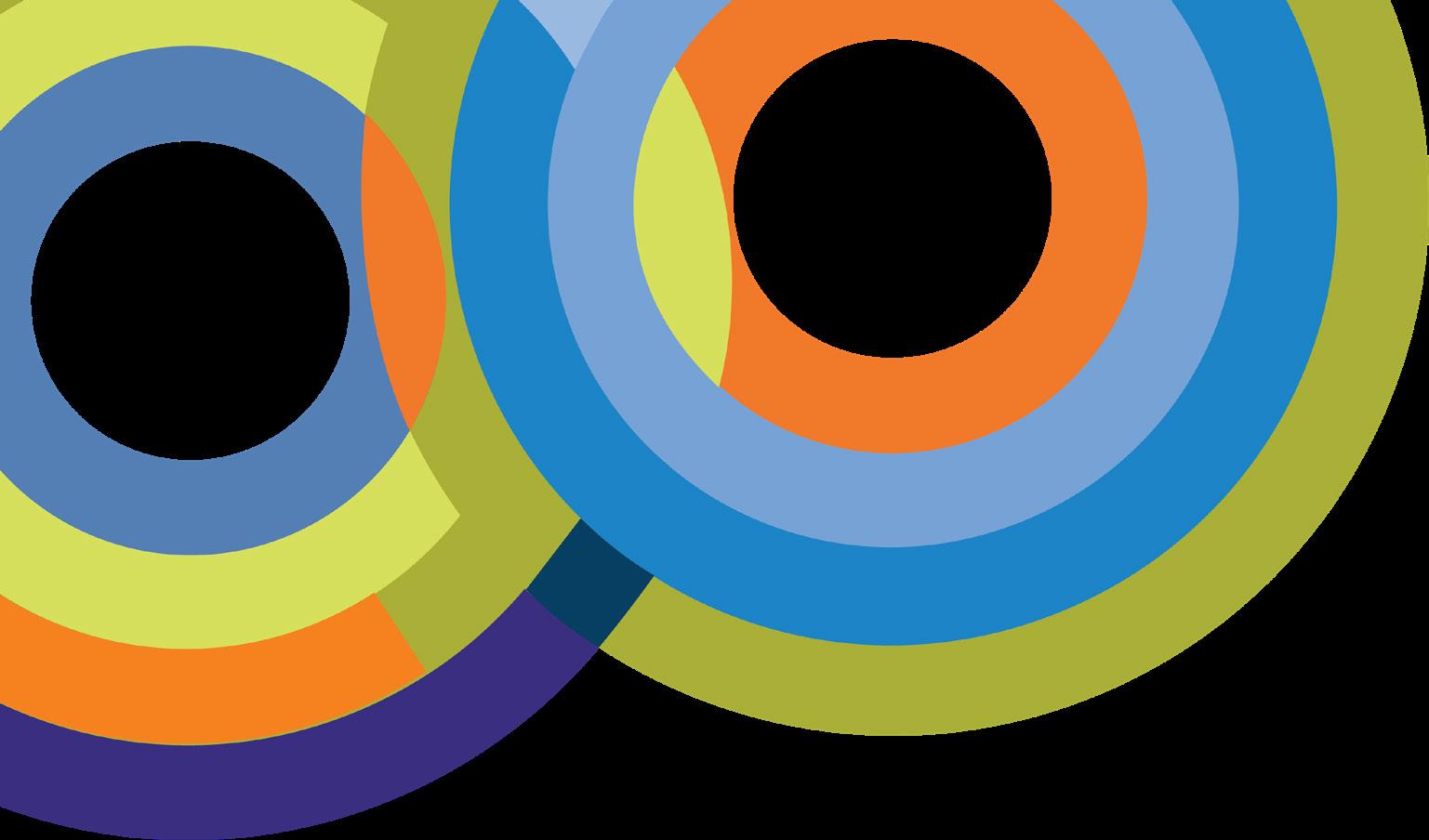
Building community to end poverty through intentional friendships, personal transformation, and systemic change led by the people closest to the challenge.
All individuals live in equitable, thriving communities where poverty no longer exists.


1. Equip families to get out of poverty
2. Remove the barriers that keep people in poverty
• Respect all people
• Nurture supportive and accountable relationships
• Create long-term personal and systemic change
• Promote equity and autonomy
• Engage individuals and communities

